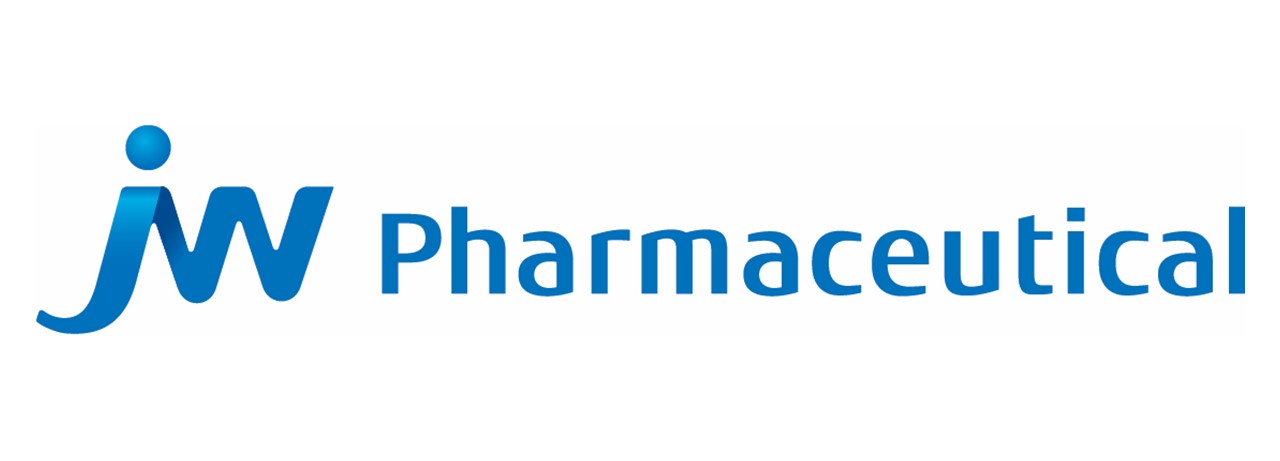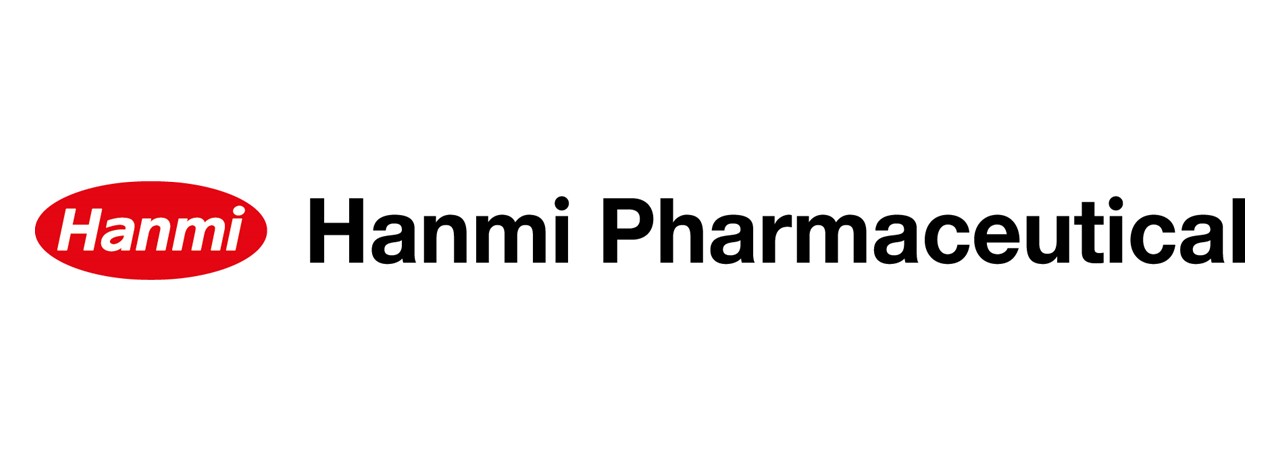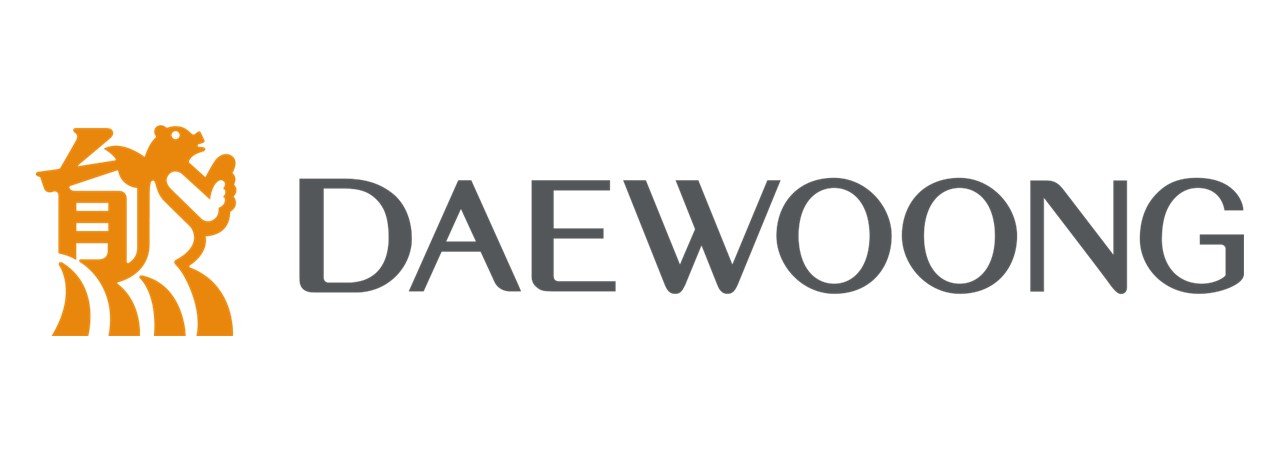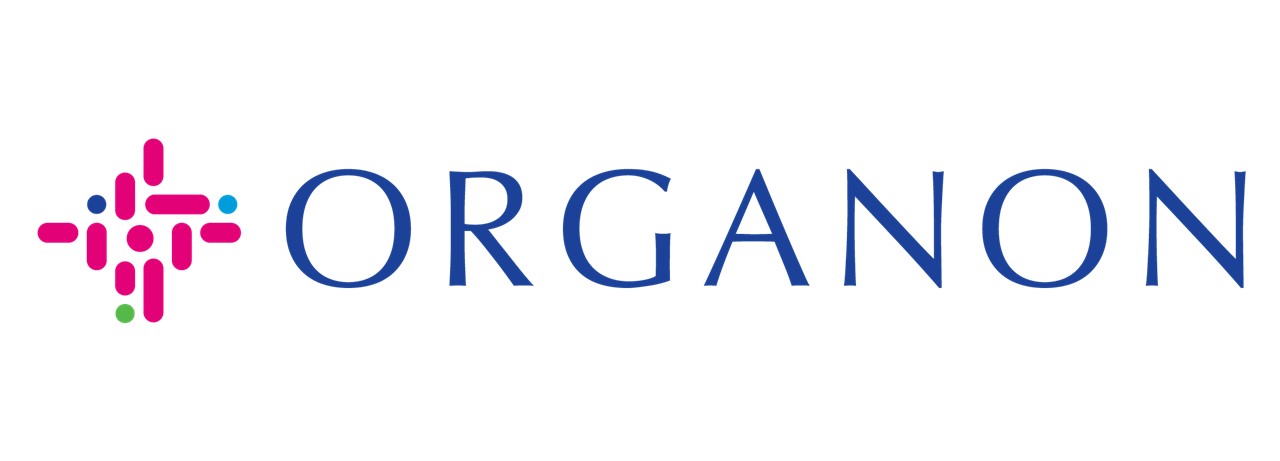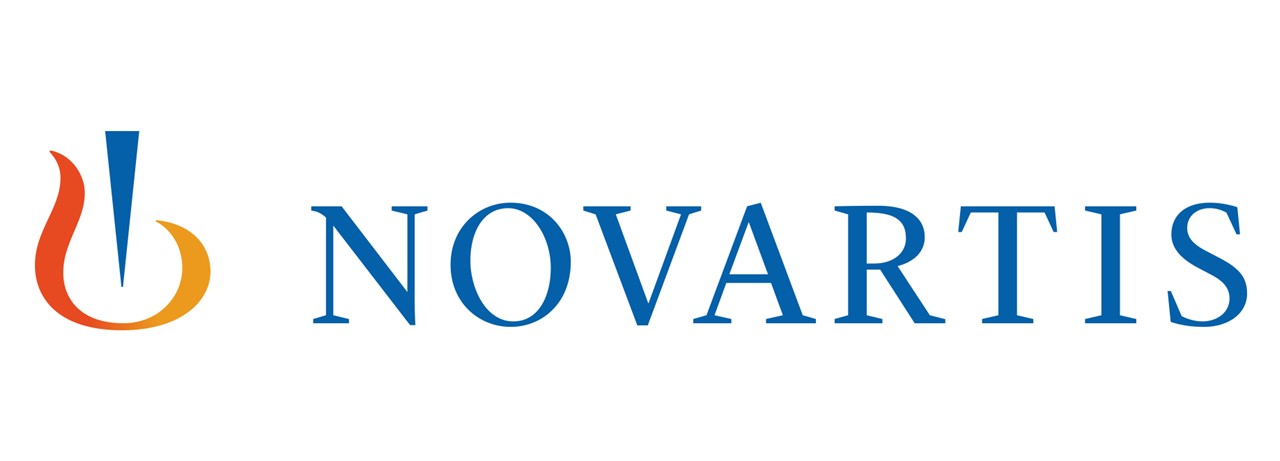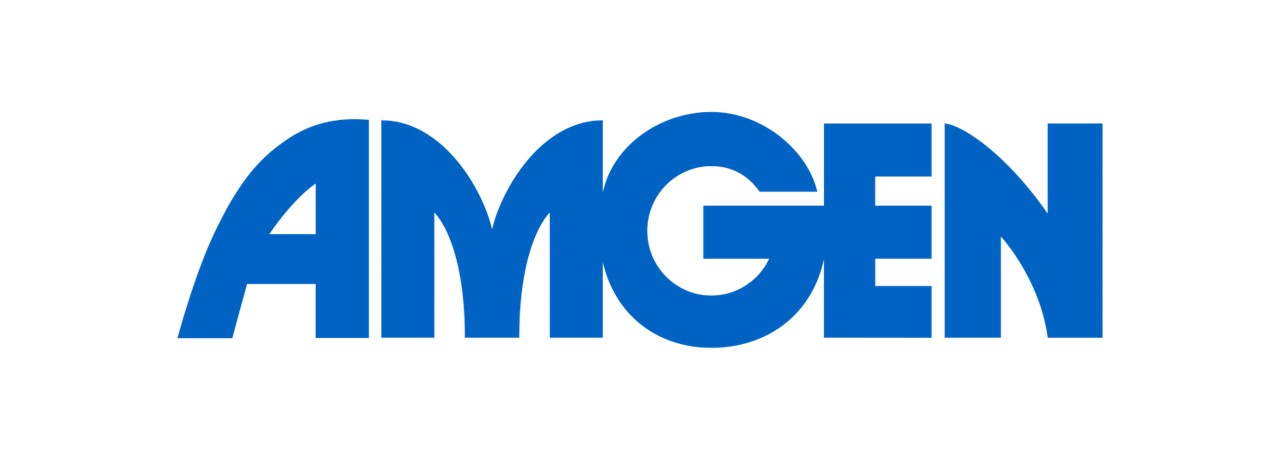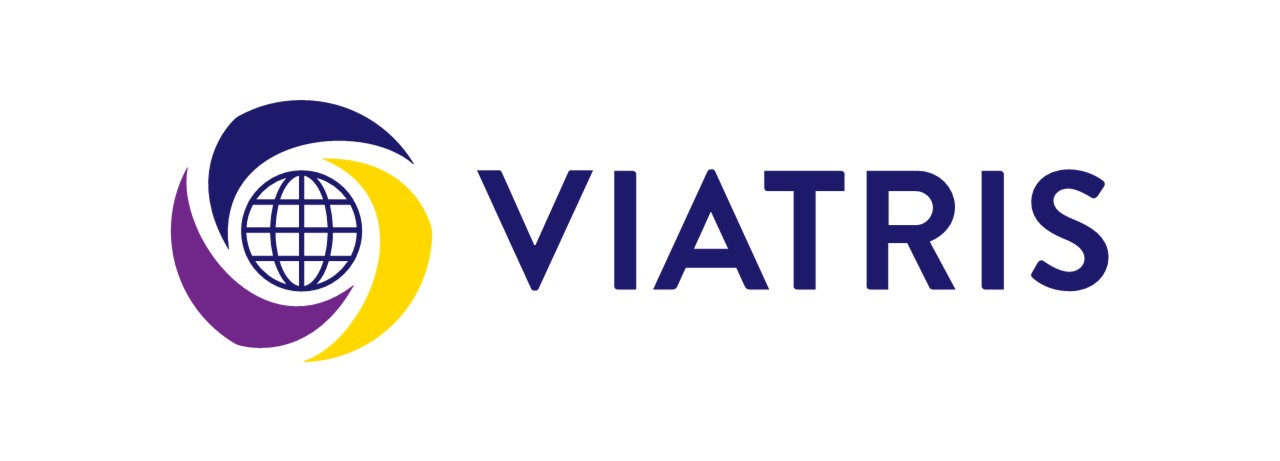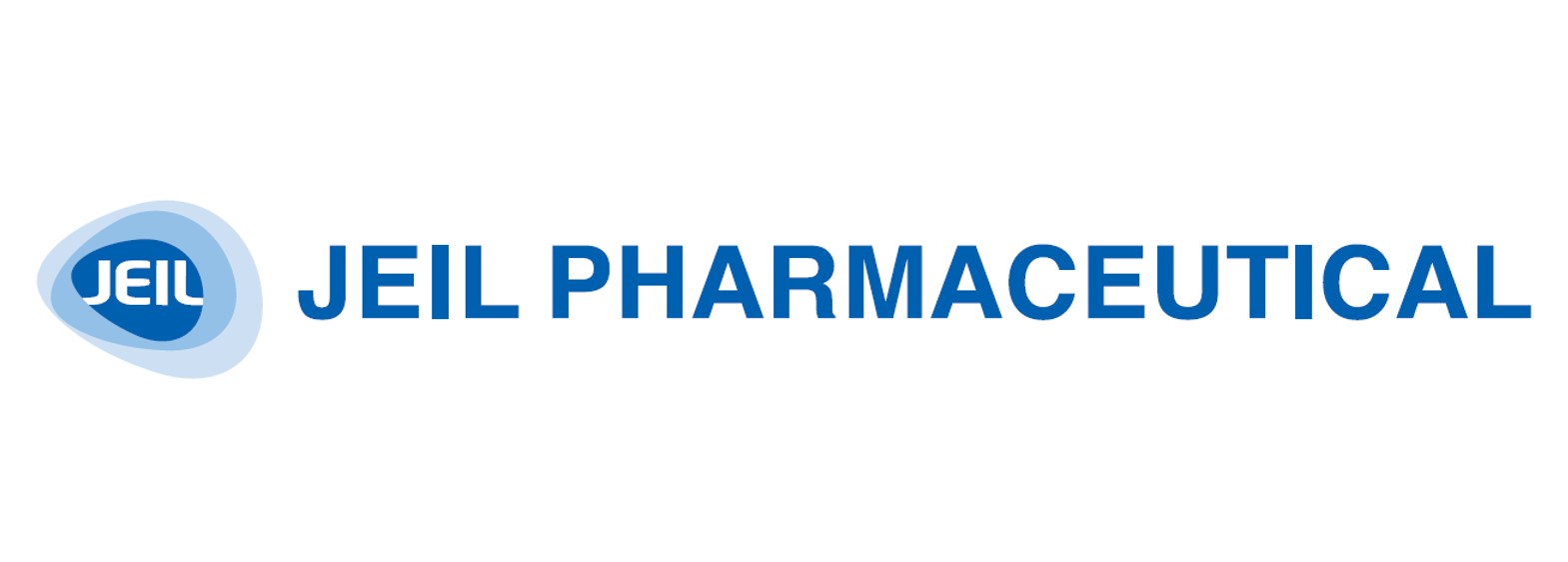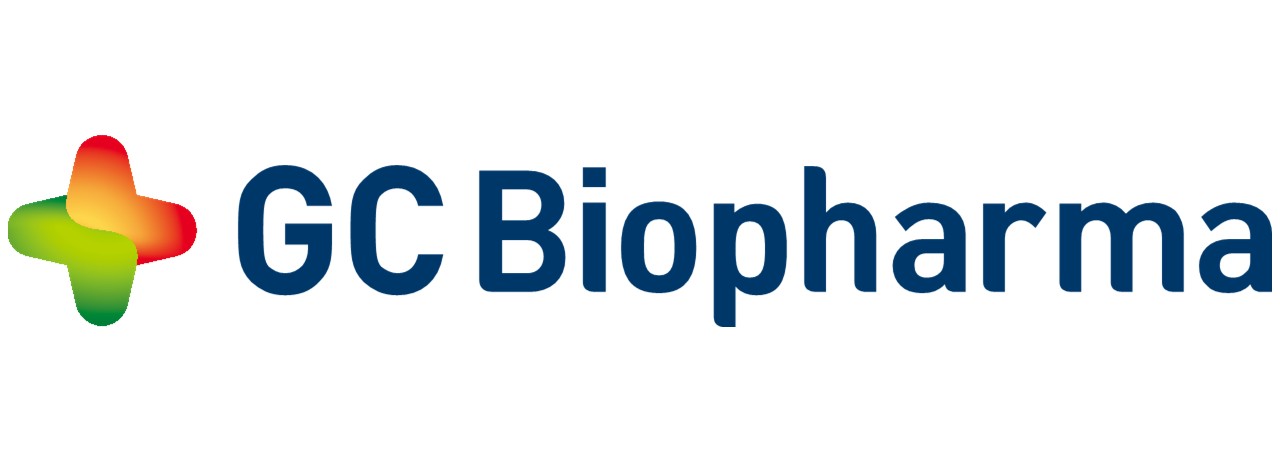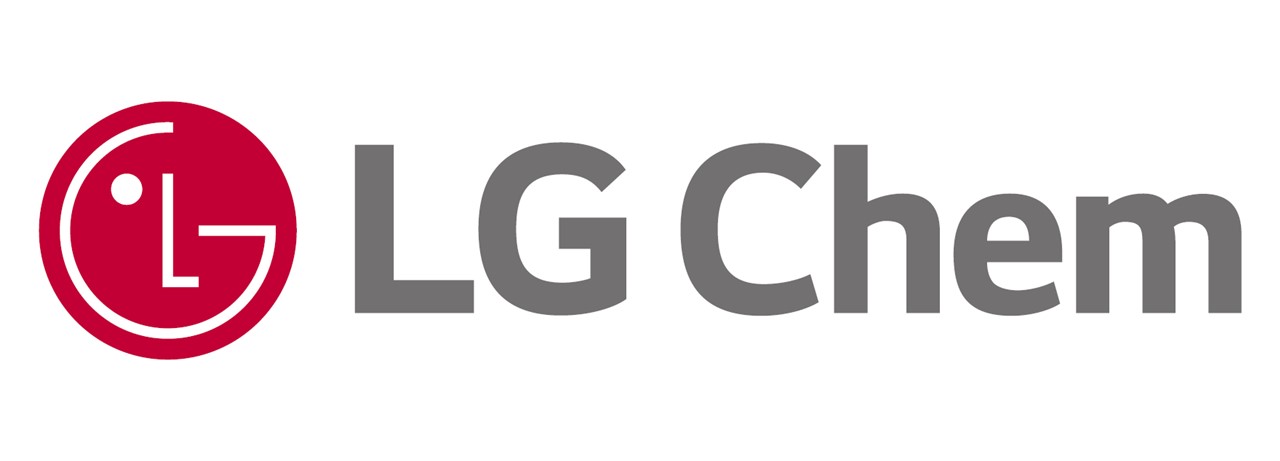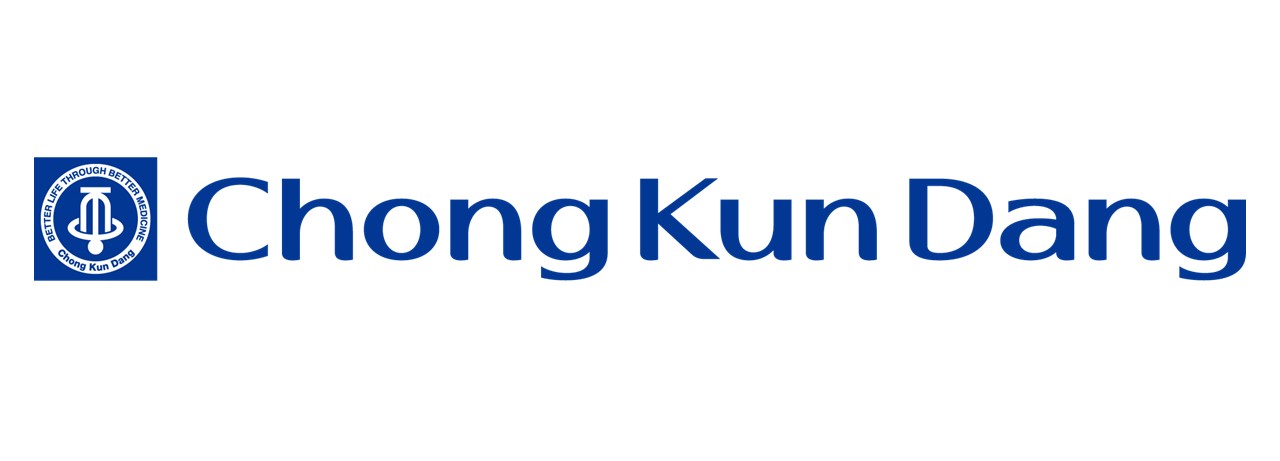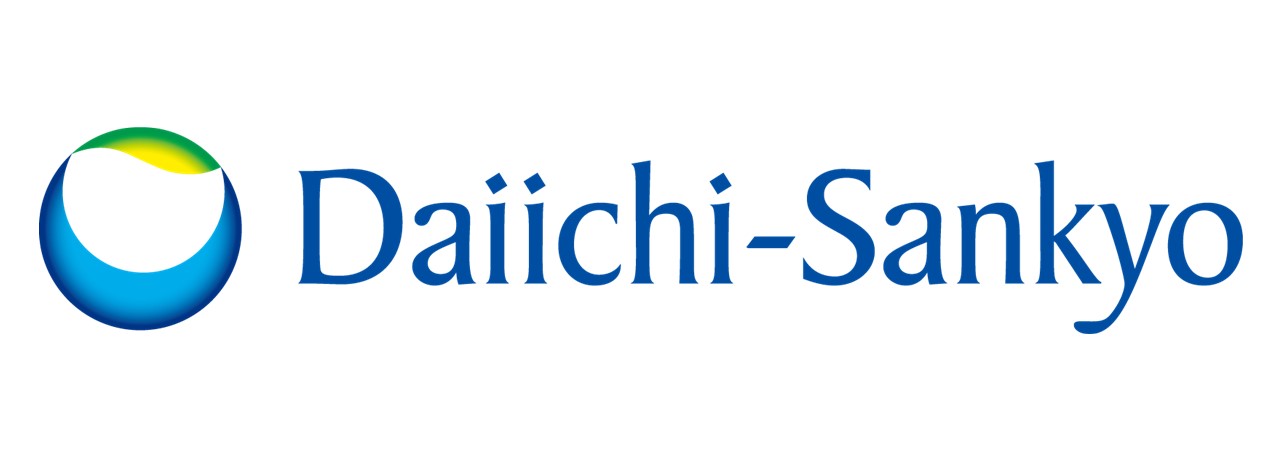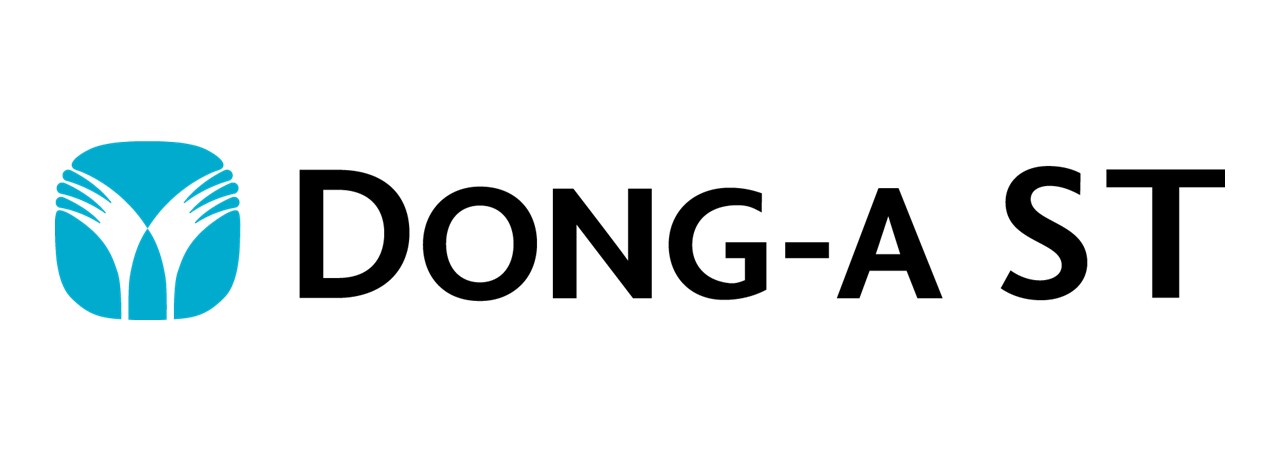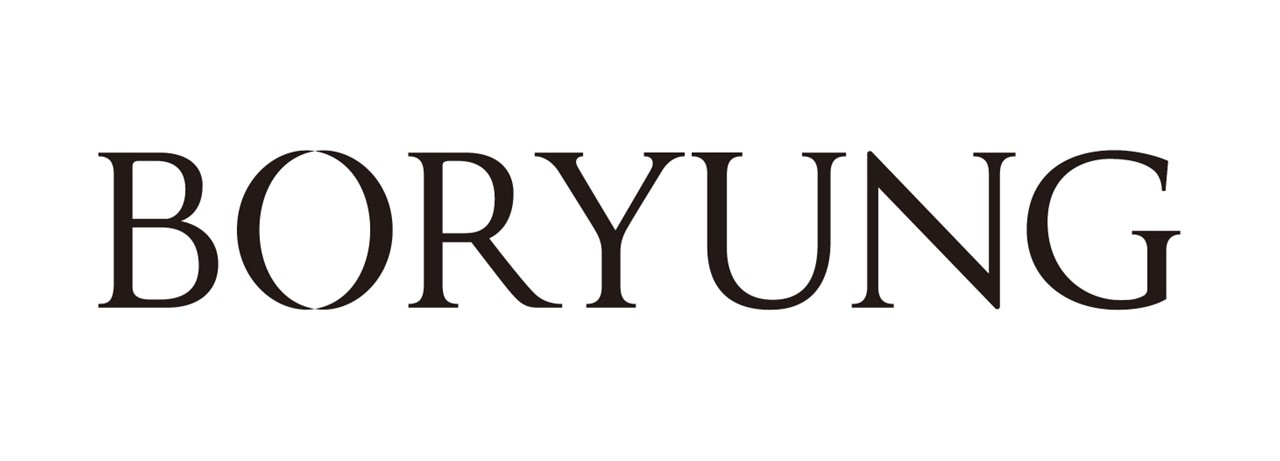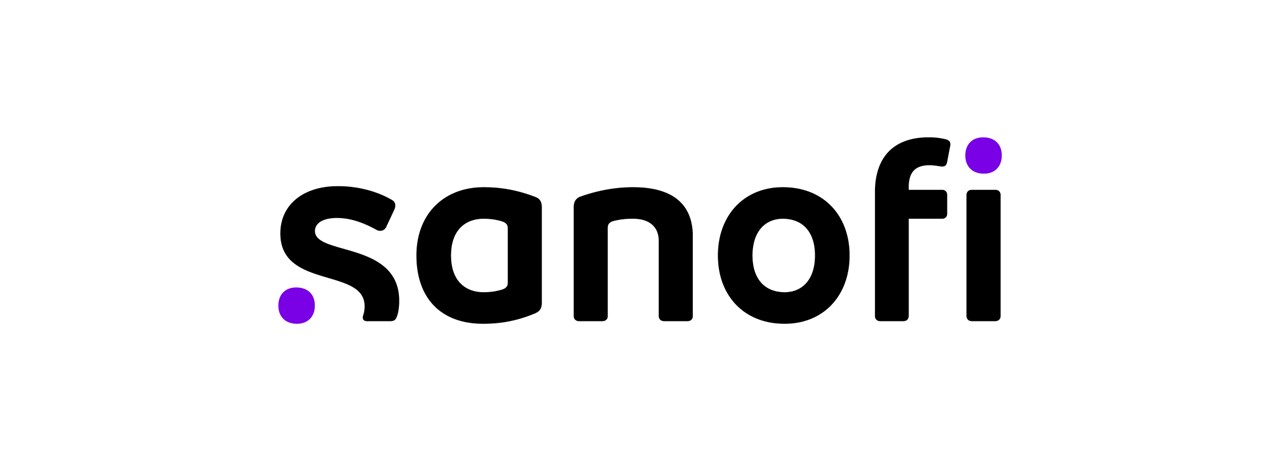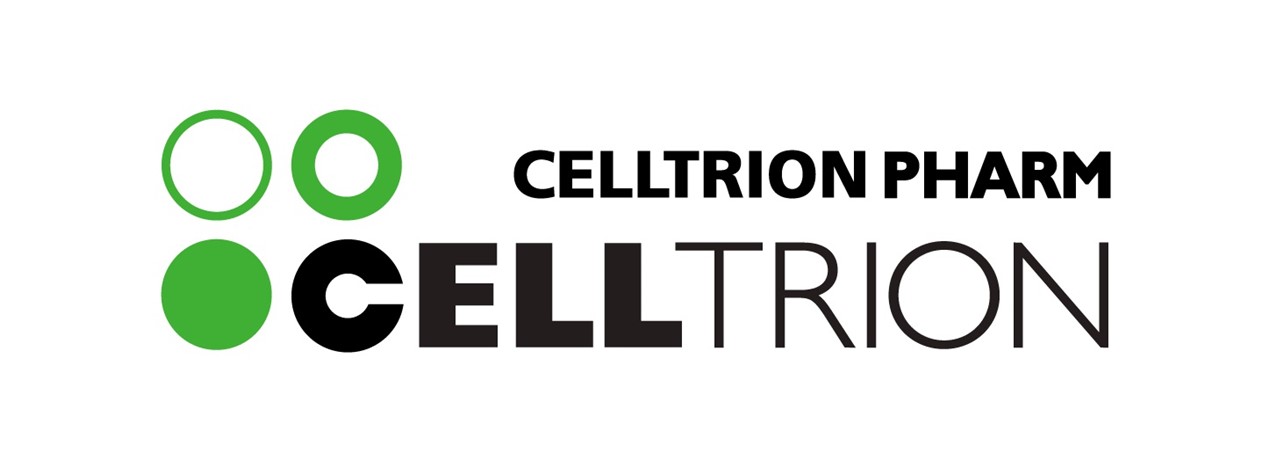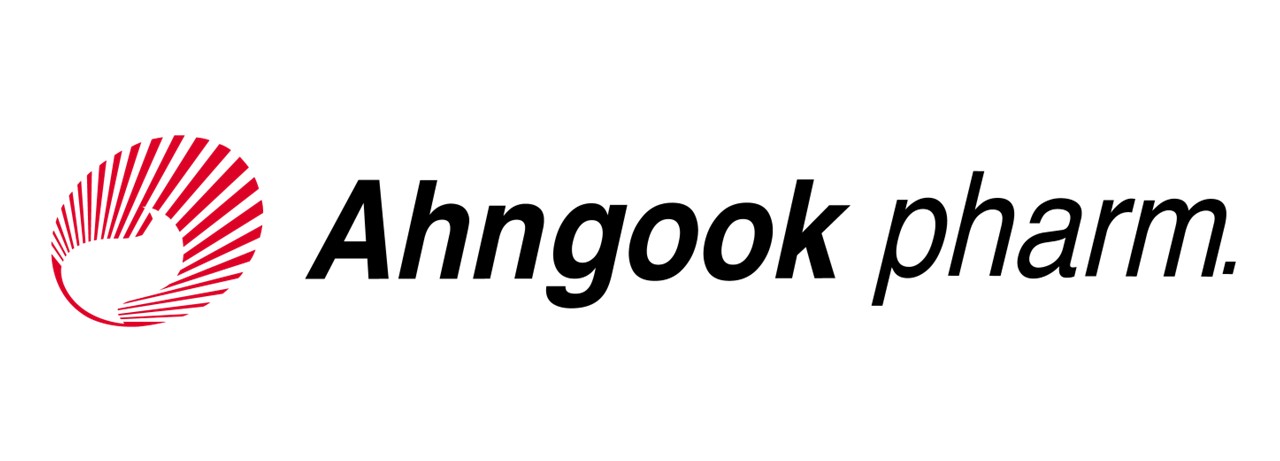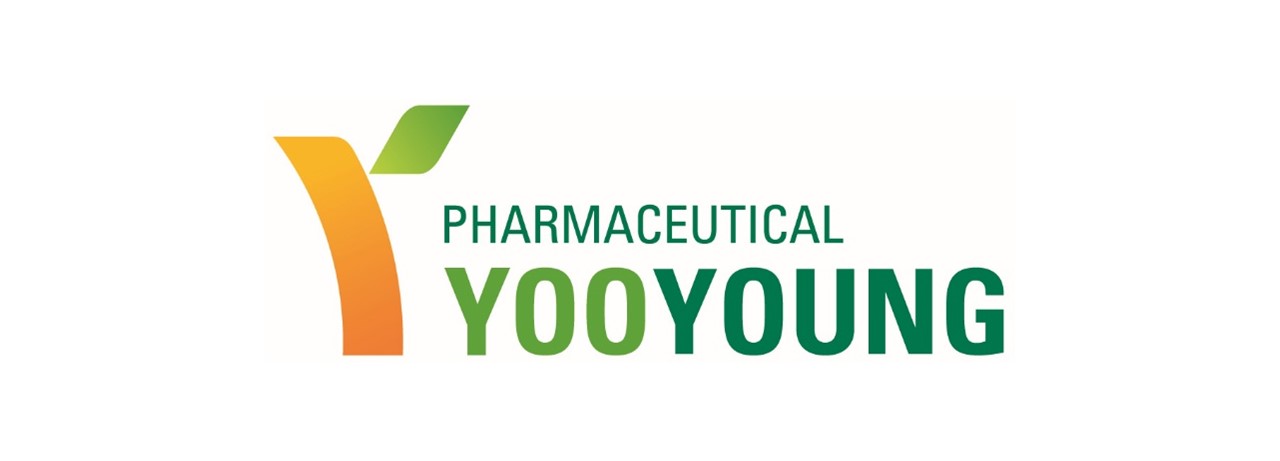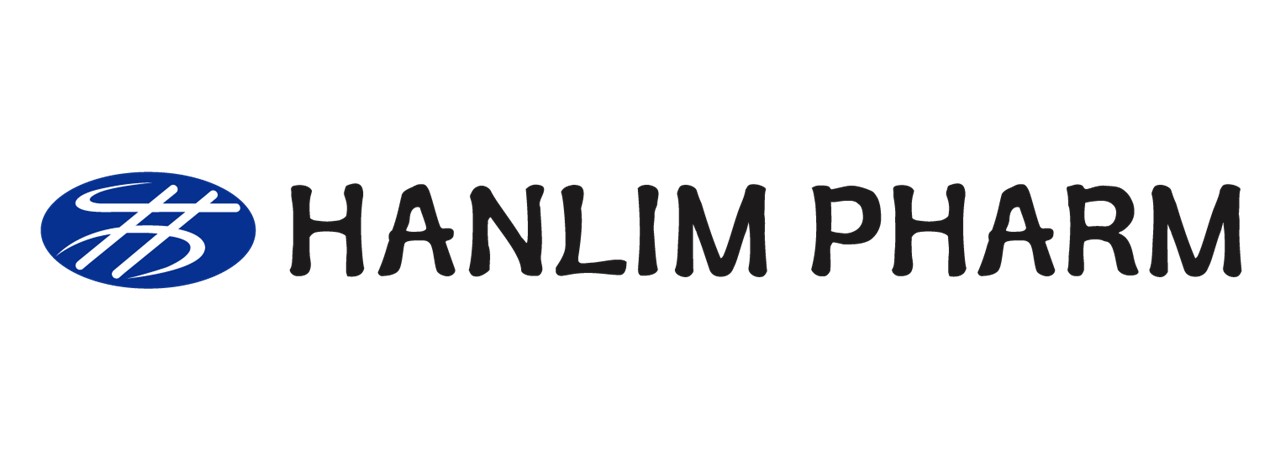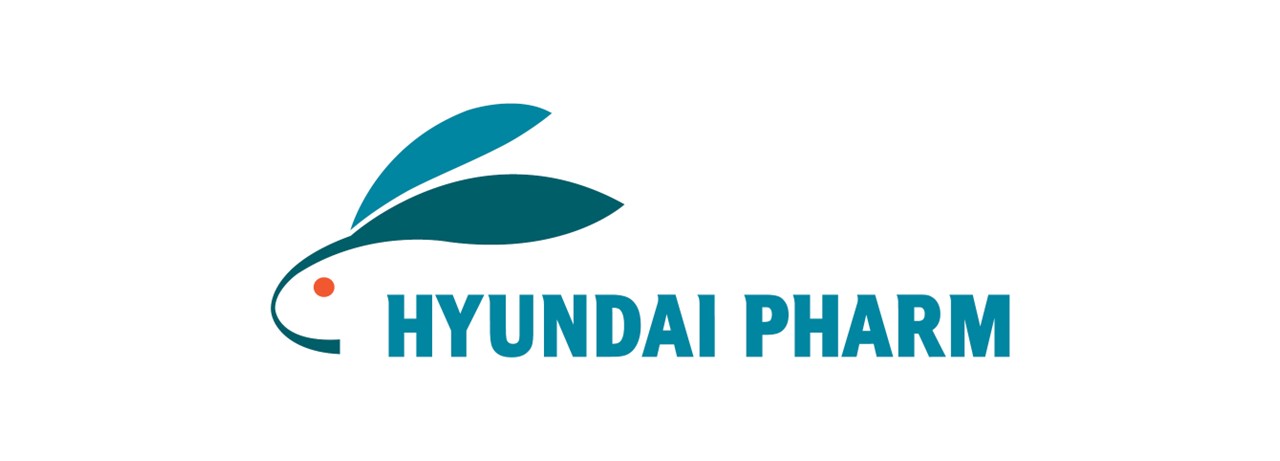Management of Dyslipidemia: Current Perspectives and Future Directions in Korea
Chairperson(s) : 김상현 이사장 (한국지질동맥경화학회), 조연희 회장 (한국건강검진학회)
Panel(s) : 이창현 이사 (한국건강검진학회), 이금숙 특임이사 (한국의학바이오기자협회), 곽경근 부회장 (대한내과의사회), 전하윤 사무관 (보건복지부)
-
인사말
박주민 위원장 국회 보건복지위원회 13:00~13:10 -
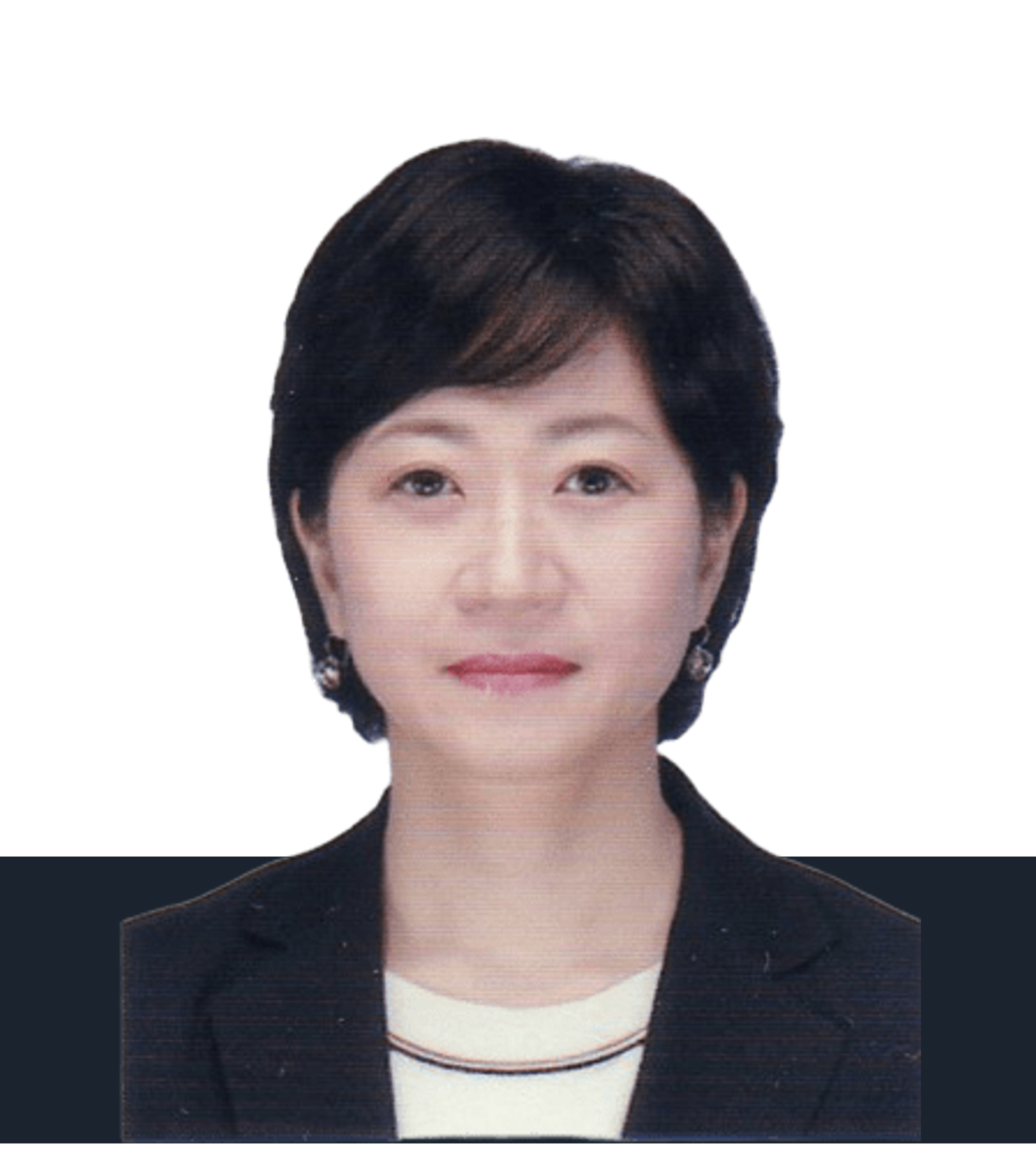
지질관리! 이상지질혈증 치료 현황과 급여 기준 현실화
정인경 이사 한국지질·동맥경화학회 13:10~13:25 -
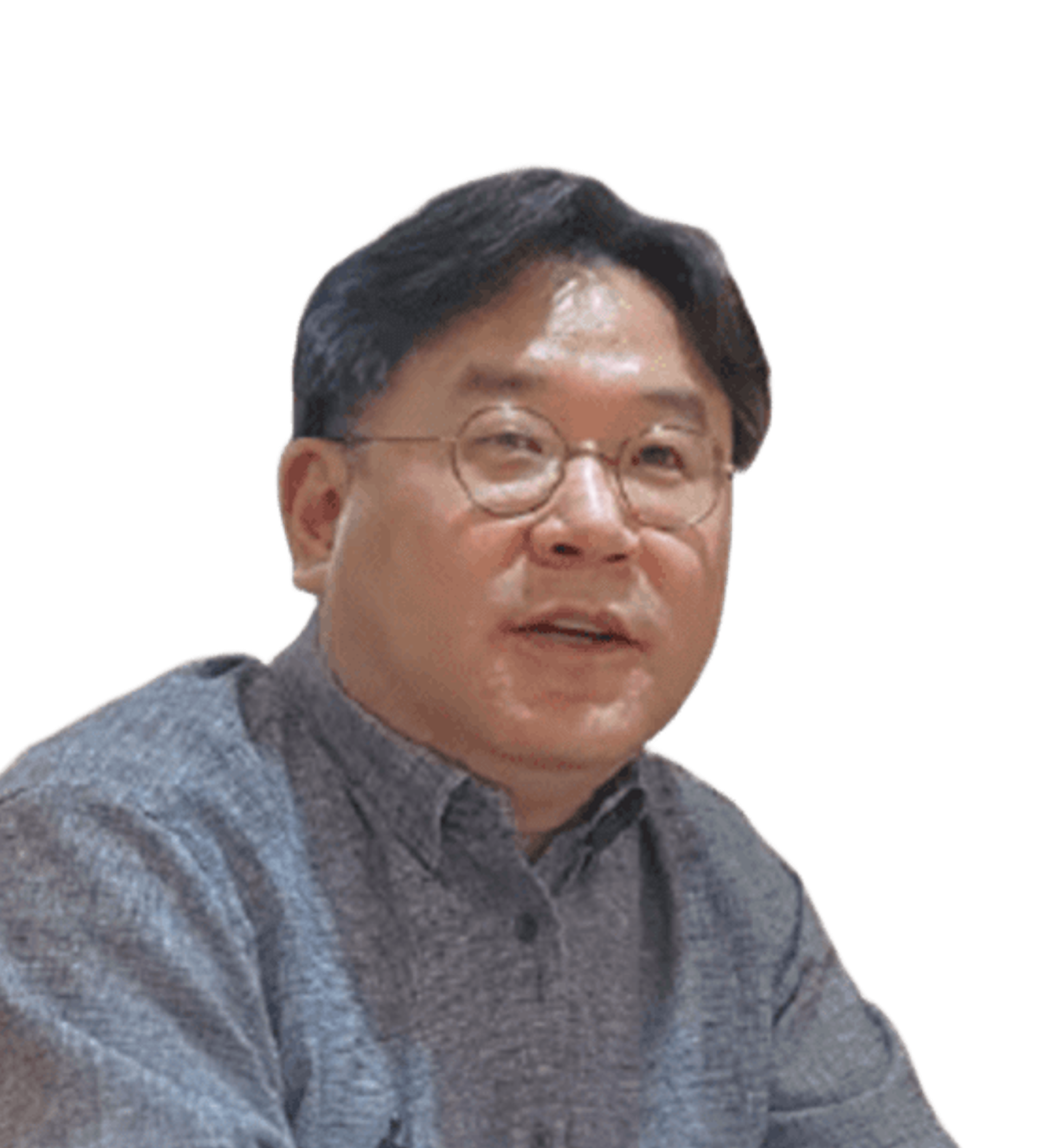
지질관리! 혈압, 혈당 관리를 넘어 - 만성질환 통합 관리와 이상지질혈증
백재욱 이사 대한가정의학과의사회 13:25~13:40 -

지질관리! 현장의 목소리 - 일차의료 현장의 현실과 지원방안에 대한 요구
이태인 이사 한국건강검진학회 13:40~13:55 -

지질관리! 더 빨리, 더 정확히 - 초고령화 시대, 더 오래 더 건강하기 위한 조기검진과 치료의 중요성
김은지 교수 가천의대 예방의학과 13:55~14:10 - 패널토의 및 기자질의 14:10~14:30
Chairperson(s) : Hyun-Sook Kim (Sookmyung Women's University, Republic of Korea), Eun Mi Kim (Sungkyunkwan University, Republic of Korea)
Panel(s) : Hyunju Kang (Keimyung University, Republic of Korea), Jeongseon Kim (National Cancer Center, Republic of Korea), Hoyoun Won (Chung-Ang University, Republic of Korea)
DetailSymposium 2, titled “Cutting-edge Nutritional Approach for Cardiometabolic Risk Strategies,” will highlight the latest research in nutritional science aimed at preventing and treating cardiovascular and metabolic diseases. Professor Jordi Merino Ribas (University of Copenhagen, Denmark) will examine the interplay between molecular and environmental factors in the new era of precision medicine, laying the foundation for personalized nutritional strategies. Professor Hyun Ju You (Seoul National University, Republic of Korea) will assess the relationship between the human microbiome and cardiometabolic health. Dr. Hyekyoung Sung (York University, USA) will then present in-depth insights into the nutritional regulation of iron metabolism in cardiometabolic diseases. These distinguished presentations will feature the efficacy of personalized nutritional interventions in guiding comprehensive prevention and management strategies for cardiovascular and metabolic disorders.
-
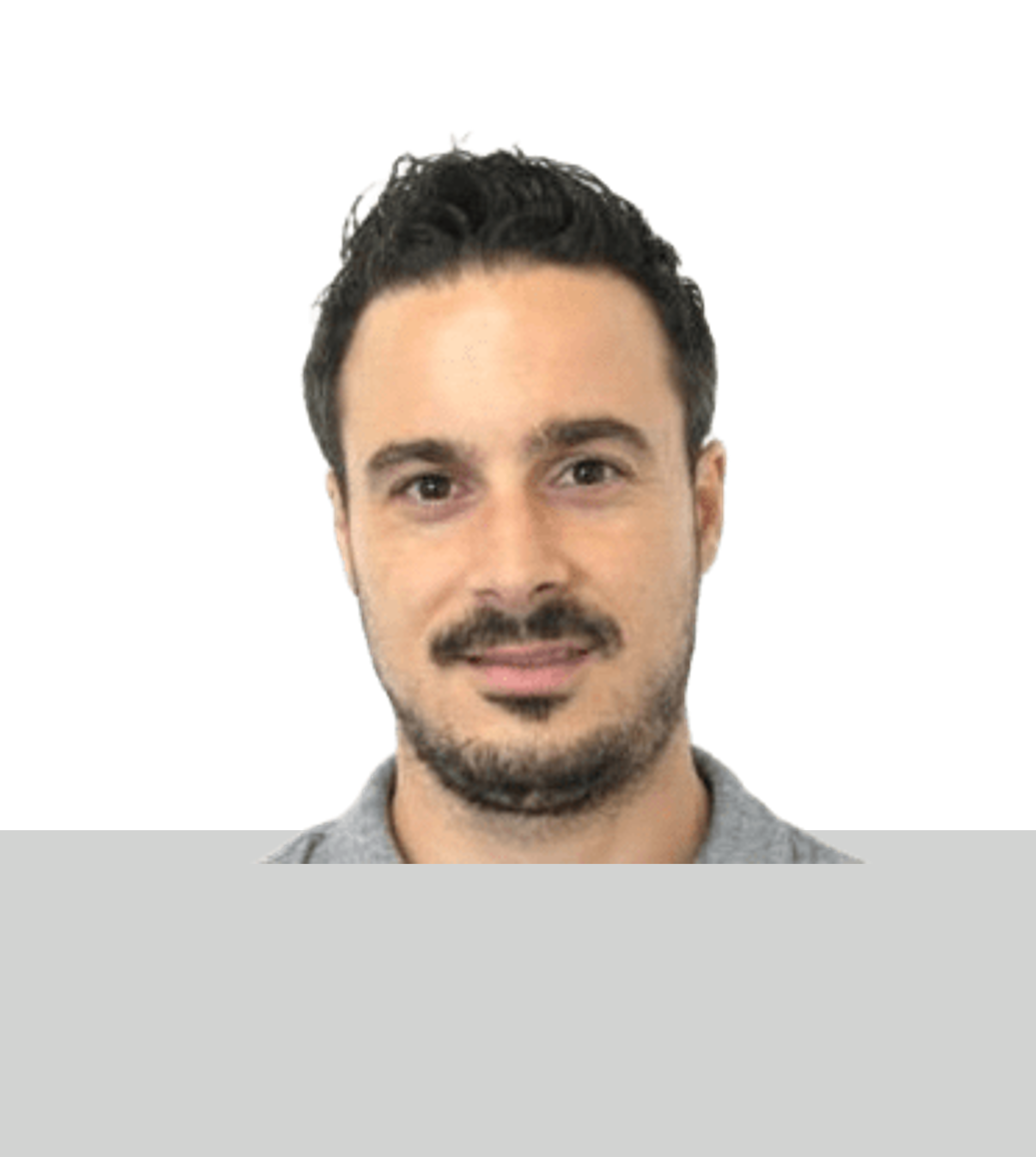
Interplay between molecular and environmental factors in the new era of precision medicine
Jordi Merino University of Copenhagen, Denmark 13:00~13:20 -
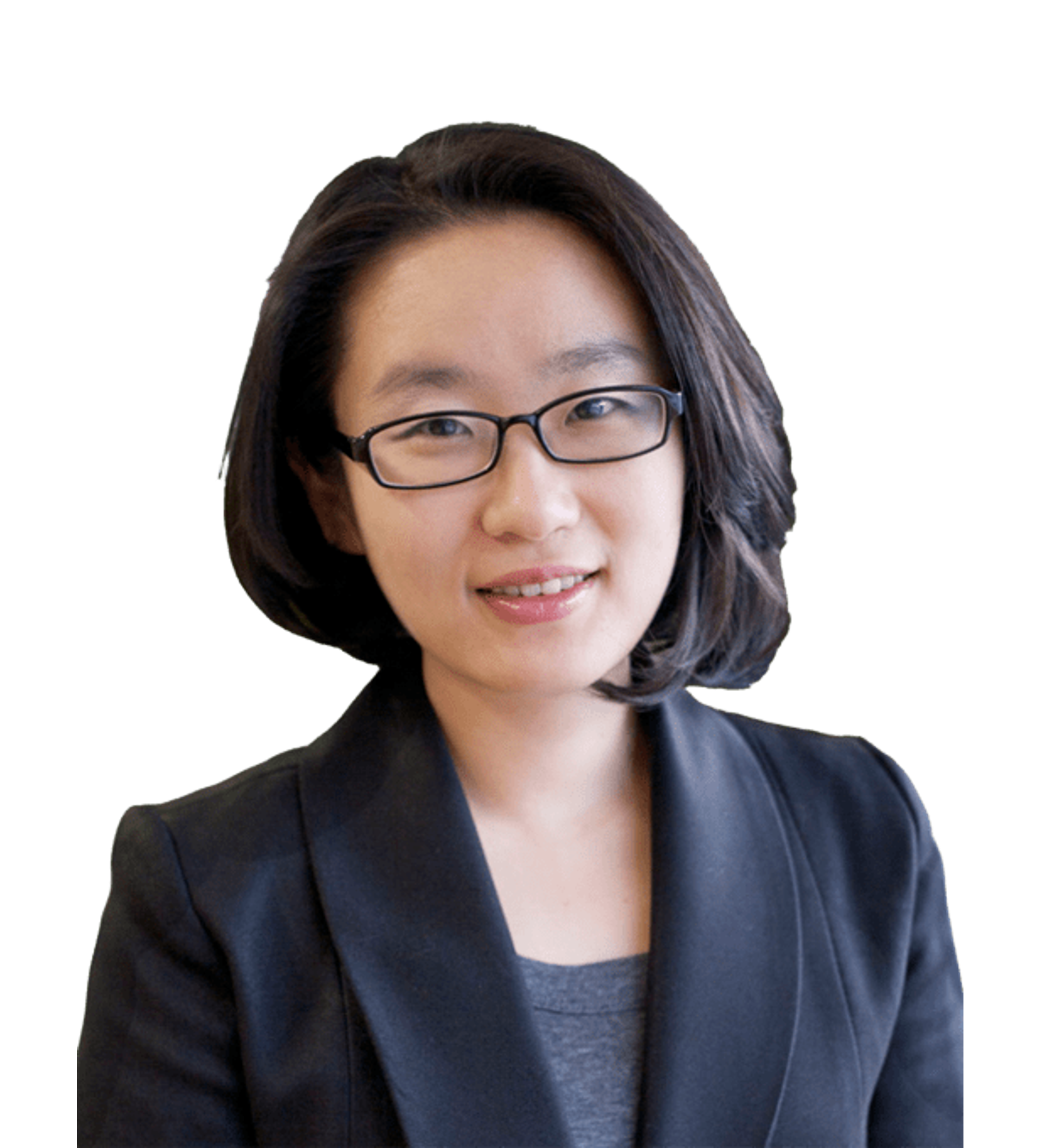
Human microbiome and the path to cardiometabolic health
Hyun Ju You Seoul National University, Republic of Korea 13:20~13:40 -

Iron overload, autophagy dysfunction, and ferroptosis: mechanistic insights into cardiometabolic disease
Hyekyoung Sung York University, Canada 13:40~14:00 - Panel Discussion 14:00~14:30
Chairperson(s) : Myung A Kim (Seoul National University, Republic of Korea), Byung Jin Kim (Sungkyunkwan University, Republic of Korea)
Panel(s) : Soo-Jin Kim (Kosin University, Republic of Korea), Wonjin Kim (Cha University, Republic of Korea), Joonpyo Lee (Gachon University, Republic of Korea), Seong Huan Choi (Inha University, Republic of Korea)
DetailLipoprotein(a) has emerged as an independent cardiovascular risk factor, yet its clinical significance varies across populations and metabolic states. This session brings together key insights on Lp(a): epidemiologic data on ASCVD in Asian populations (Dr. Young Woo Jang), its paradoxical inverse association with metabolic risk (Dr. Jung A Kim), and practical guidance on Lp(a) measurement and reporting (Dr. Sang-Guk Lee). Together, these talks aim to clarify current controversies and highlight the nuances that clinicians and researchers must consider in the era of precision lipidology.
-

Epidemiologic evidence on Lp(a) and ASCVD in Asian populations
Youngwoo Jang Gachon University, Republic of Korea 13:00~13:20 -

The inverse link between Lp(a) and metabolic risk: signal or noise?
Jung A Kim Korea University, Republic of Korea 13:20~13:40 -

Lp(a) testing today: mind the method, mind the unit
Sang-Guk Lee Yonsei University, Republic of Korea 13:40~14:00 - Panel Discussion 14:00~14:30
Chairperson(s) : Jae-Ryong Kim (Yeungnam University, Republic of Korea), Hyoung Kyu Kim (Inje University, Republic of Korea)
Panel(s) : Kyuho Kim (The Catholic University of Korea, Republic of Korea), Jeonghan Kim (The Catholic University of Korea, Republic of Korea), Chang-Hoon Woo (Yeungnam University, Republic of Korea)
DetailThis session will explore novel insights into the role of lipid toxicity and platelet signaling in the pathogenesis of atherosclerotic inflammation. Professor Ok-Nam Bae from Hanyang University, Republic of Korea, will present on how environmental toxicants such as nanoparticles and biocides disrupt lipid homeostasis and promote vascular inflammation. Professor Jun Young Hong from Yonsei University, Republic of Korea, will discuss immune-driven remodeling of lipid metabolism that induces whitening of brown adipose tissue under thermoneutral conditions, highlighting the crosstalk between immunity and energy metabolism. Professor Jin O-Uchi from University of South Florida, USA, will elucidate the functional role of the mitochondrial calcium uniporter in human platelets and its impact on platelet aggregation and thrombosis. This multidisciplinary session will offer a comprehensive view on how metabolic stress, immune dysregulation, and platelet activation converge to drive vascular pathology.
-

From nanoparticles to biocides: how toxic chemicals alter lipid homeostasis and accelerate atherosclerotic events
Ok-Nam Bae Hanyang University, Republic of Korea 13:00~13:20 -

Immune modulation of lipid metabolism promotes BAT whitening under thermoneutral conditions
Jun Young Hong Yonsei University, Republic of Korea 13:20~13:40 -
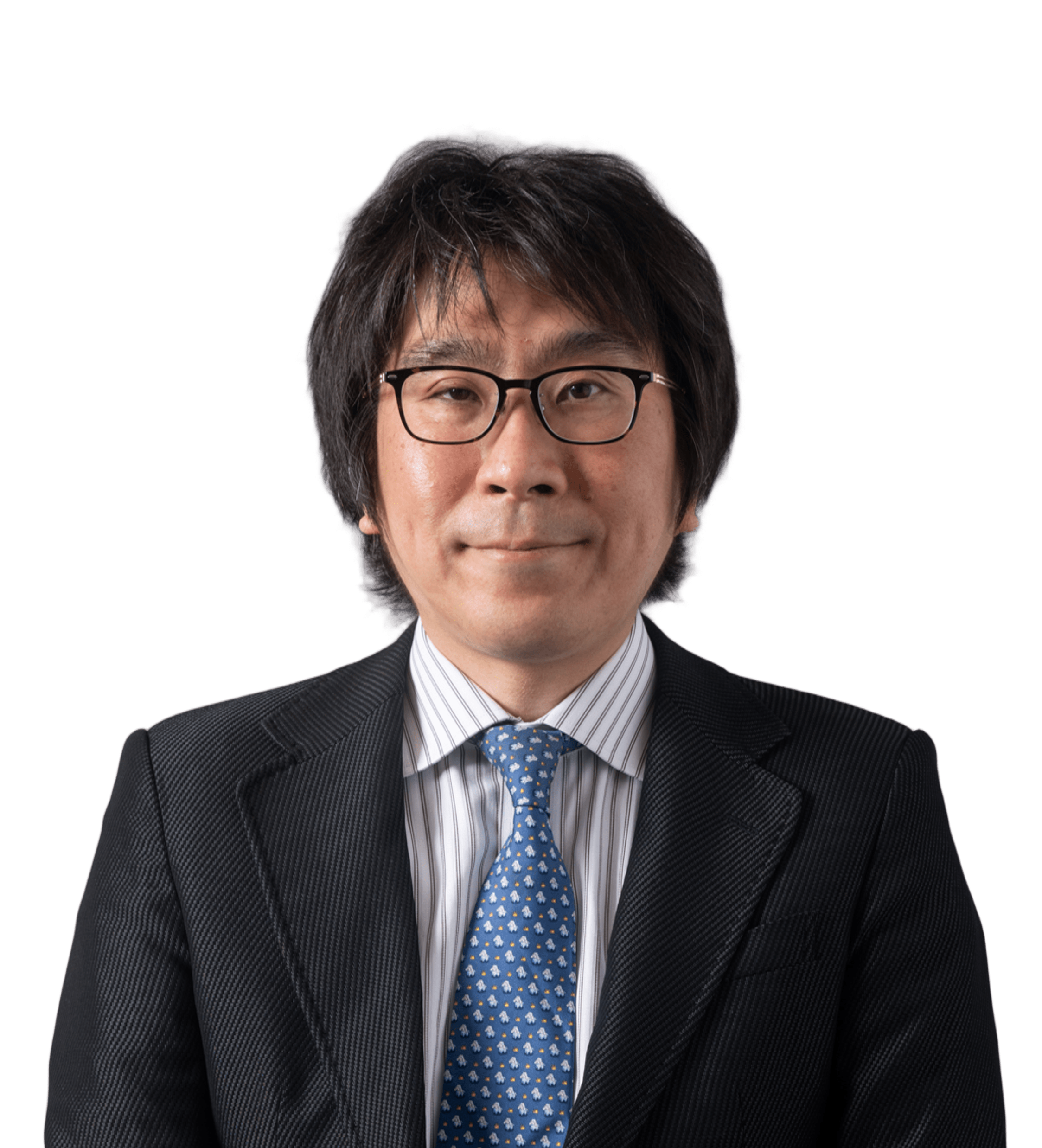
Role of MCU in human platelet aggregation
Jin O-Uchi University of South Florida, USA 13:40~14:00 - Panel Discussion 14:00~14:30
Chairperson(s) : Hyun Kook (Chonnam National University, Republic of Korea), Kyung Woo Park (Seoul National University, Republic of Korea)
-
ApoA1 and HDL selectively protect the heart during doxorubicin chemotherapy via hepatic SR-B1
Jeong-Ah Yoo McMaster University, Hamilton, Ontario, Canada 14:40~14:50 -
Lipid profiling of plasma extracellular vesicles from adiponectin deficient mice reveals pro-oxidative and pro-inflammatory lipid signatures driving metabolic dysfunction
Sungji Cho York University, Canada 14:50~15:00 -
Atherosclerosis associated with HIV - is it a result of treatment or inmflammation?
Nuriyat Efendieva Pirogov Russian National Research Medical University, Russia Federation 15:00~15:10 -
Anti-atherosclerotic effect of thymol extract via regulating inflammation and oxidative stress and EGFR/PI3K/Akt/GSK-3β pathway in rats
Niti Singh CSVTU, Bhilai, India 15:10~15:20 -
PCSK9 deficiency promotes ANP-mediated protection against post-infarction cardiac inflammation
NaHyeon Yoon Ewha Womans University, Republic of Korea 15:20~15:30 -
Targeting LGI3 attenuates atherosclerosis by modulating inflammatory responses and plaque development
Jing Jin Ewha Womans University, Republic of Korea 15:30~15:40 -
Proteomic profiling of inflammatory and non-lipid determinants of plaque instability in myocardial infarction
Monirujjaman Biswas Jawaharlal Nehru University, India 15:40~15:50 -
The role of NLRP3 inflammasome activation in atherosclerosis: a systematic review and meta-analysis
Alaa Ramadan South Valley University, Faculty of Medicine, Egypt 15:50~16:00
Chairperson(s) : Hun Sik Park (Kyungpook National University, Republic of Korea), Myung-gon Kim (Catholic Kwandong University, Republic of Korea)
Panel(s) : Dae-Young Kim (Inha University, Republic of Korea), Seok Oh (Chonnam National University, Republic of Korea), Hyung Joon Joo (Korea University, Republic of Korea)
DetailThe rapid advancement of artificial intelligence (AI) is transforming precision diagnostics and risk stratification in atherosclerosis and cardiovascular diseases. In this symposium, leading experts will present the most recent studies leveraging AI for accurate diagnosis and risk assessment of cardiovascular conditions. Professor Paul Leeson from University of Oxford, UK, will provide insights from the PROTEUS randomized controlled trial (RCT), demonstrating how AI-assisted stress echocardiography can enhance the diagnosis of coronary atherosclerosis and cardiovascular risk prediction. Subsequently, Dr. Junmyung Kwon from Medical AI, Republic of Korea, will discuss the application of AI-enhanced electrocardiography technology for early detection of acute myocardial infarction and effective cardiovascular risk stratification. Lastly, Professor SungA Bae from Yonsei University, Republic of Korea, will present findings from the AI-Gatekeeper RCT trial, comparing artificial intelligence-based screening of coronary artery disease with usual clinical care, showcasing its clinical advantages and potential implications. This symposium provides an excellent opportunity to explore how integrating clinical medicine with AI technology is shaping the future of precision cardiovascular medicine.
-

Coronary atherosclerosis and cardiovascular risk prediction through AI-assisted stress echocardiography: insights from the PROTEUS RCT trial
Paul Leeson University of Oxford, UK 14:40~15:00 -

AI-enhanced ECG for acute myocardial infarction detection and cardiovascular risk stratification
Junmyung Kwon Medical AI, Republic of Korea 15:00~15:20 -

Artificial intelligence-based coronary artery disease screening versus usual care for patients with suspected coronary artery disease: AI-Gatekeeper randomized controlled trial
SungA Bae Yonsei University, Republic of Korea 15:20~15:40 - Panel Discussion 15:40~16:10
Chairperson(s) : Hyeon Chang Kim (Yonsei University, Republic of Korea), SungHee Choi (Seoul National University, Republic of Korea)
Panel(s) : Se-eun Park (Sungkyunkwan University, Republic of Korea), Yong-Jae Lee (Yonsei University, Republic of Korea), Keum Ji Jung (Yonsei University, Republic of Korea)
DetailCardiovascular risk prediction is a key step for guiding primary prevention therapy such as statins. However, cardiovascular risk models have not yet been incorporated into clinical practice guidelines in Korea. This session will discuss the current research landscape of cardiovascular risk prediction in the general population and in special subgroups, particularly focusing on their potential applicability in clinical practice and future directions.
-
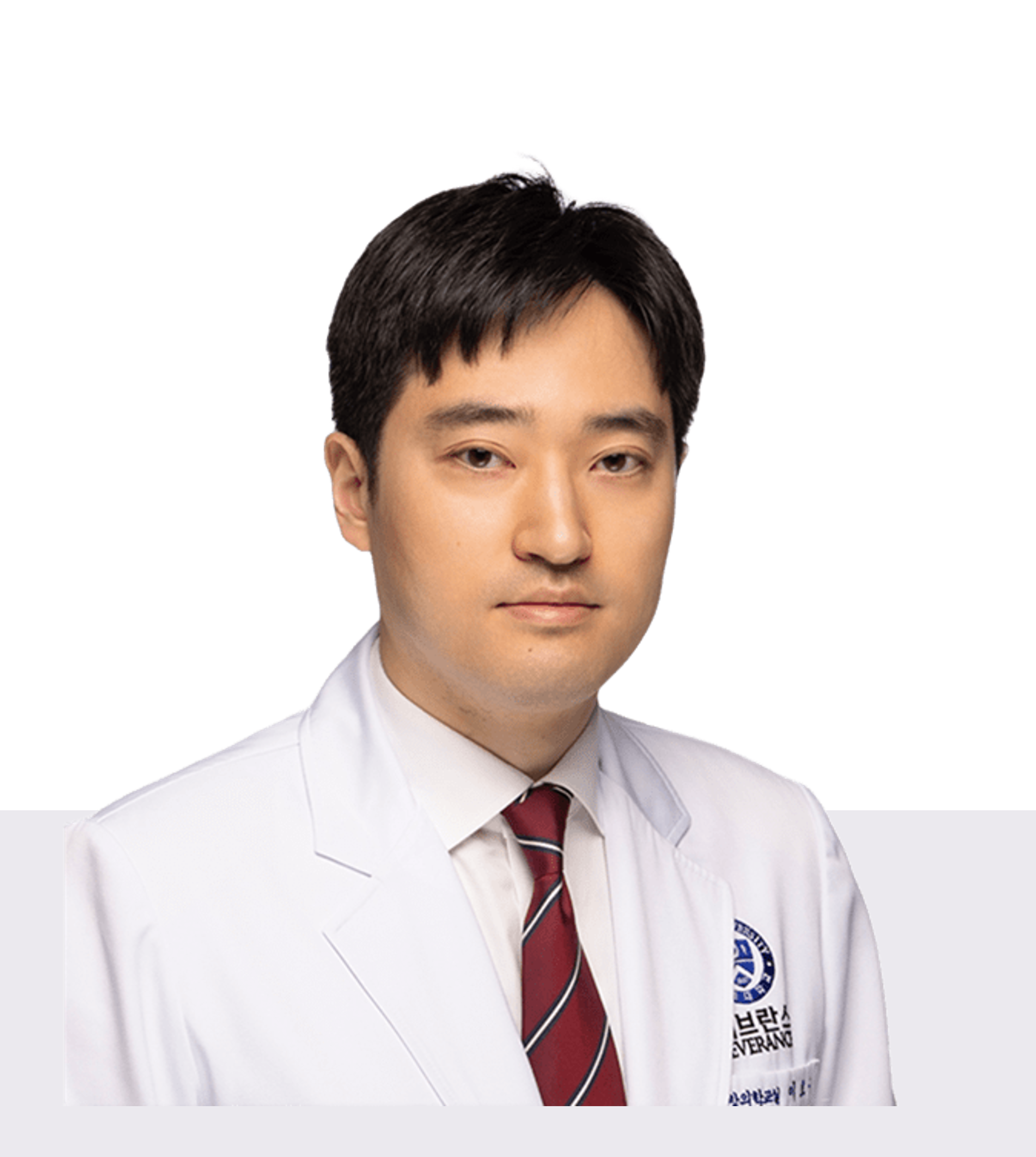
CVD risk prediction in low-risk population
Hokyou Lee Yonsei University, Republic of Korea 14:40~15:00 -
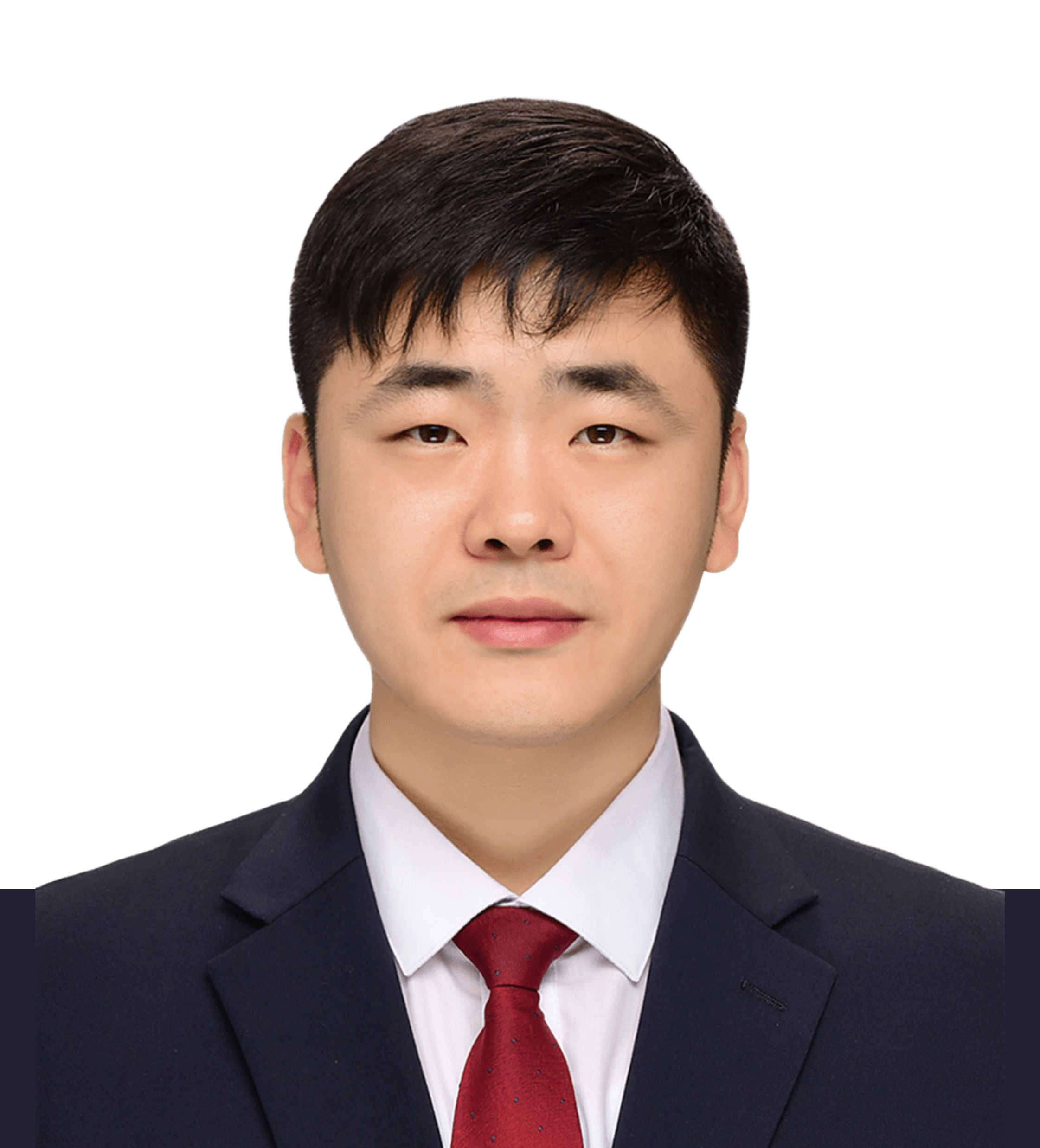
CVD risk prediction in older persons
Sangwoo Park University of Ulsan, Republic of Korea 15:00~15:20 -

CVD risk prediction in diabetes and high-risk patients
Eu Jeong Ku Seoul National University, Republic of Korea 15:20~15:40 - Panel Discussion 15:40~16:10
Chairperson(s) : Jun-Hee Lee (Hallym University, Republic of Korea), Sungha Park (Yonsei University, Republic of Korea)
Panel(s) : Soo-Jin Kim (Kosin University, Republic of Korea), Ye Seul Yang (Seoul National University, Republic of Korea), Sangmo Hong (Hanyang University, Republic of Korea)
DetailIn this special session titled “Redefining Cardiovascular Care: PCSK9 Mechanisms and siRNA-Based Advances,” ICoLA 2025 brings together leading experts to explore emerging molecular and clinical insights into lipid regulation and atherosclerotic disease management. The session opens with a comprehensive exploration of PCSK9—the master regulator of LDL metabolism and a key player in vascular inflammation—highlighting its central role in atherosclerosis. The second presentation focuses on the promise of siRNA-based lipid-lowering therapies, showcasing their transformative potential for sustained LDL-C control. Finally, the session addresses novel approaches to managing familial hypercholesterolemia beyond statin therapy, offering new hope for patients with genetically driven dyslipidemia. This session integrates advances in molecular biology, therapeutic innovation, and clinical practice, paving the way for a redefined and more personalized approach to cardiovascular prevention and treatment.
-
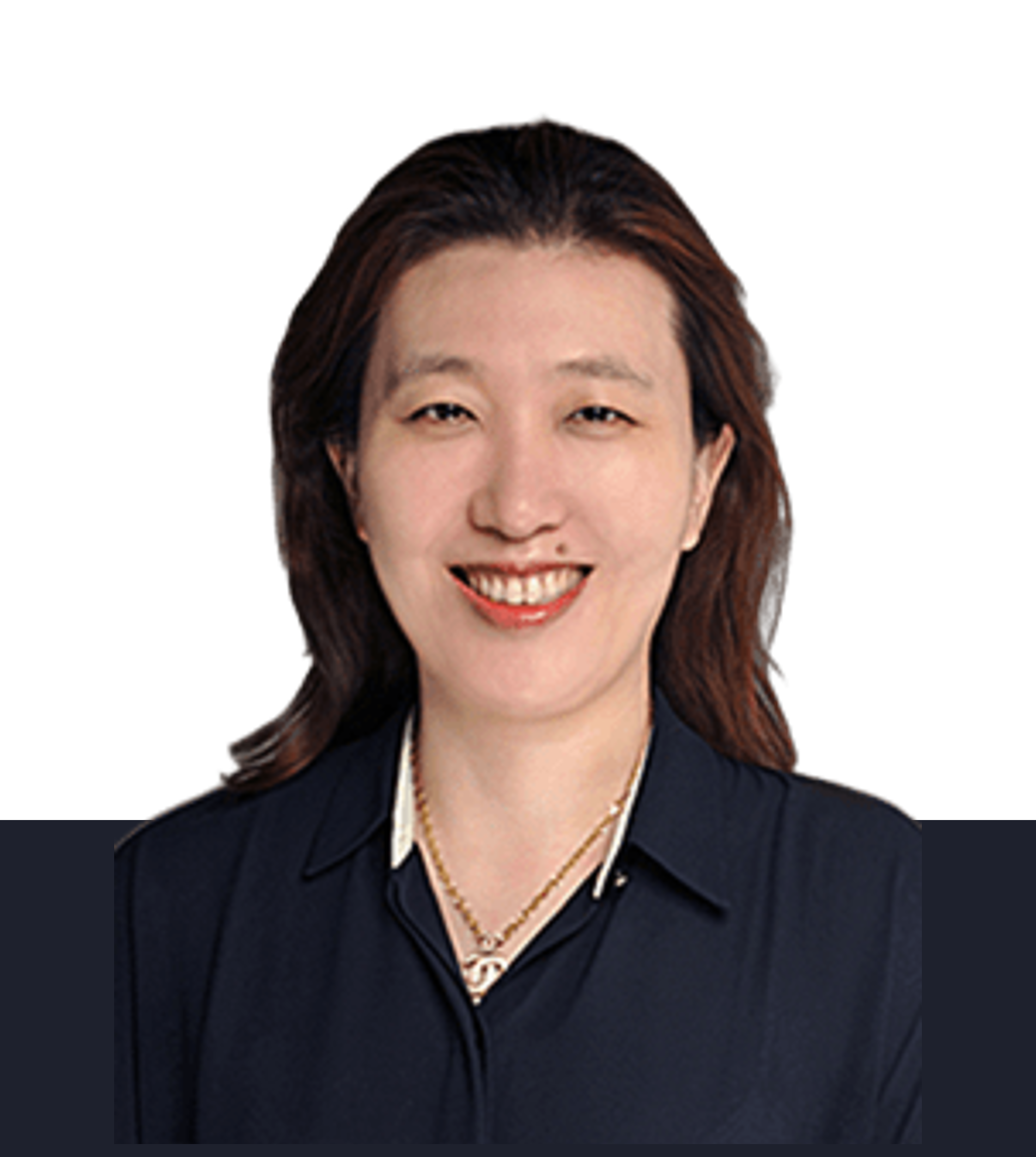
Deep dive into PCSK9: the master regulator of LDL metabolism and inflammation
Hyun-Duk Jang Seoul National University, Republic of Korea 14:40~15:00 -
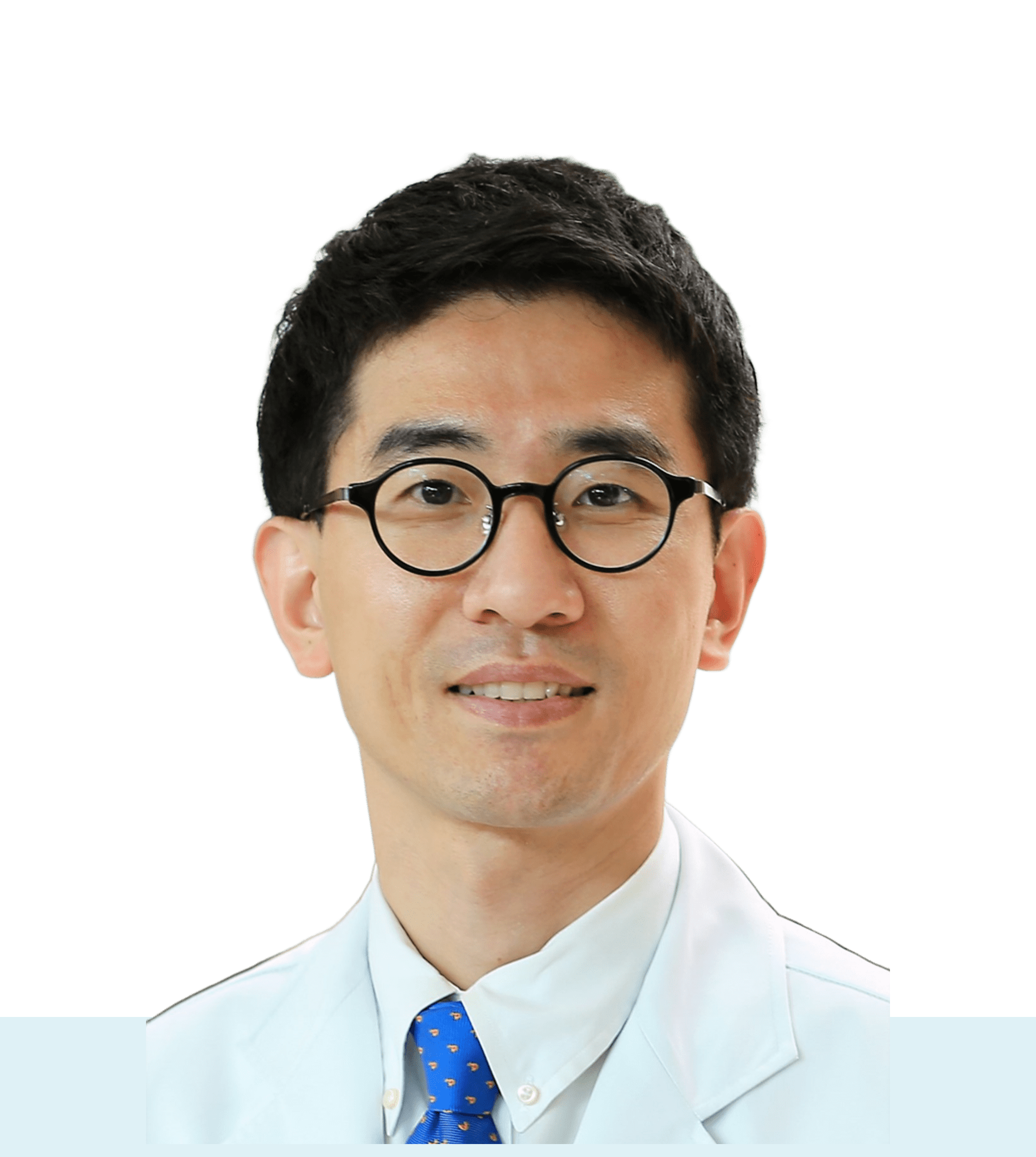
siRNA-based lipid therapies: a revolution in cholesterol management
Jin Wi Gachon University, Republic of Korea 15:00~15:20 -

Familial hypercholesterolemia treatment beyond statin
Rodrigo Alonso Center for Advanced Metabolic Medicine and Nutrition, Chile 15:20~15:40 - Panel Discussion 15:40~16:10
Chairperson(s) : Weon Kim (Kyung Hee University, Republic of Korea), Junghwan Park (Hanyang University, Republic of Korea)
Panel(s) : Kyung Woo Park (Seoul National University, Republic of Korea), Se-eun Park (Sungkyunkwan University, Republic of Korea), Jun-Hee Lee (Hallym University, Republic of Korea)
DetailInsulin resistance is a key pathophysiology underlying metabolic disorders and is closely associated with the development of atherosclerotic cardiovascular disease (ASCVD). The triglyceride-glucose (TyG) index is a novel and simple surrogate marker of insulin resistance, calculated using fasting triglyceride and glucose levels, and has demonstrated comparable accuracy to HOMA-IR. In this session, we will explore the clinical role of the TyG index based on recent national and international studies regarding its predictive value for ASCVD. Professor Patricio Lopez-Jaramillo from Universidad de Santander, Colombia, will present multinational data on the association between the TyG index and ASCVD. Professor Yong-Jae Lee from Yonsei University College of Medicine, Republic of Korea, will share findings from Korean data on the same topic. Finally, Professor Ki-Bum Won from Chung-Ang University College of Medicine, Republic of Korea, will offer a lecture on the relationship between the TyG index and coronary artery calcification.
-
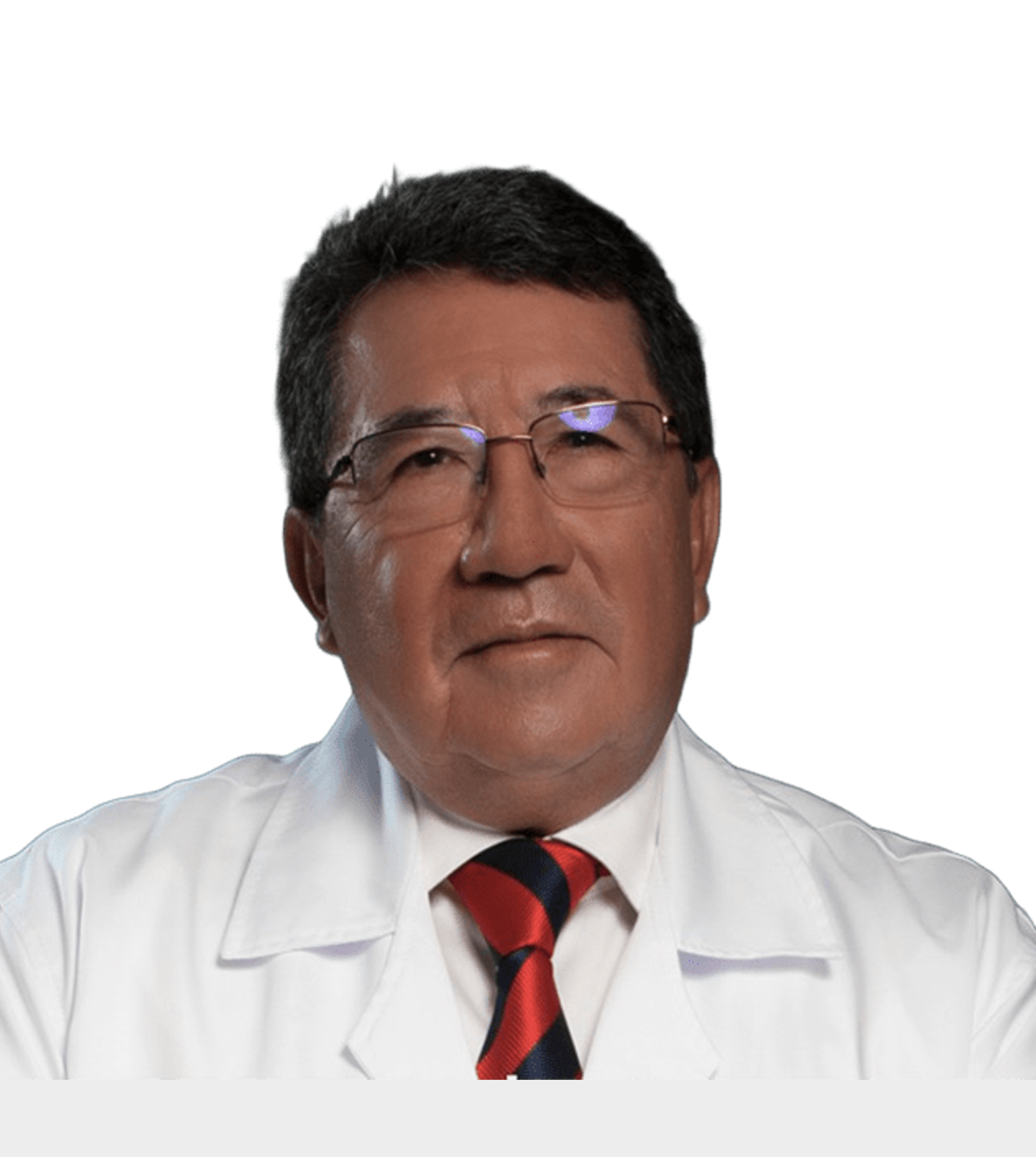
Prediction of ASCVD using the TyG index: insights from the multinational PURE registry
Patricio Lopez-Jaramillo Universidad de Santander, Colombia 16:20~16:40 -

Prediction of ASCVD using the TyG index: evidence from Korean data
Yong-Jae Lee Yonsei University, Republic of Korea 16:40~17:00 -

Prediction of coronary artery calcification progression using the TyG index
Ki-Bum Won Chung-Ang University, Republic of Korea 17:00~17:20 - Panel Discussion 17:20~17:50
Chairperson(s) : Donghoon Choi (Yonsei University, Republic of Korea), Woo Je Lee (University of Ulsan, Republic of Korea)
Panel(s) : Hoyoun Won (Chung-Ang University, Republic of Korea), Dae Young Cheon (Hallym University, Republic of Korea), Seong Huan Choi (Inha University, Republic of Korea), Hun Jee Choe (Hallym University, Republic of Korea)
DetailThis joint symposium, “Familial Hypercholesterolemia in the Era of Precision Medicine,” brings together experts from Korea, Japan, and Taiwan to explore cutting-edge strategies in FH care. The session will begin with an update on advances in FH management beyond statins, followed by a presentation on the role of genetic screening and cascade testing for early detection. A third lecture will address the question of cardiovascular risk in FH, focusing on how early intervention should be considered. The symposium will conclude with a panel discussion, providing an opportunity to share perspectives and experiences across the three countries, and to highlight the potential of precision medicine in shaping personalized management of FH.
-
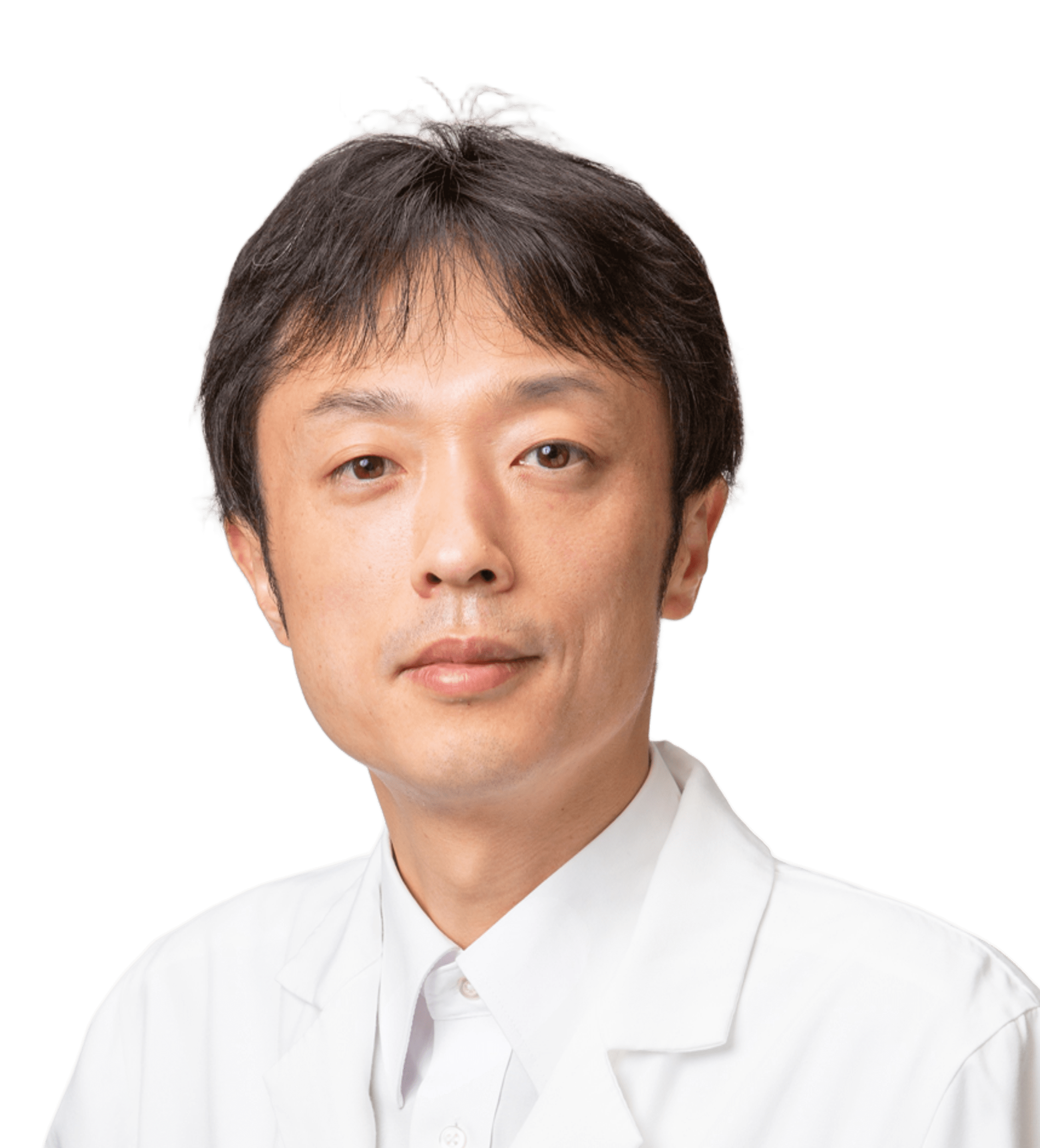
Early detection of FH: role of genetic screening and cascade testing
Hayato Tada Kanazawa University, Japan 16:20~16:40 -
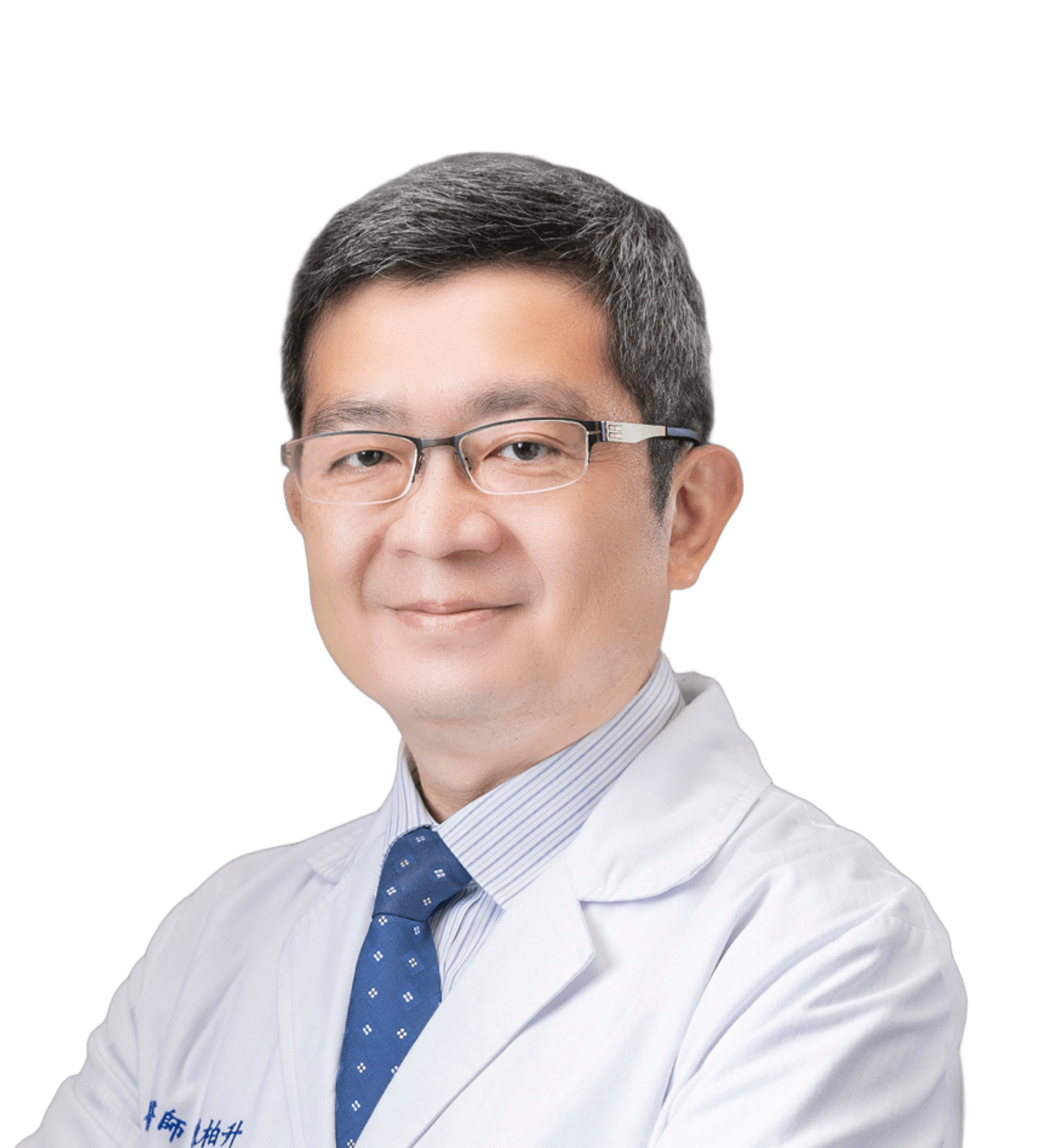
Cardiovascular risk in FH: how early is early enough for intervention
Po-Sheng Chen National Cheng Kung University, Taiwan 16:40~17:00 -

Beyond statins: advances in FH management
Chan Joo Lee Yonsei University, Republic of Korea 17:00~17:20 - Panel Discussion 17:20~17:50
Chairperson(s) : Eun Gyoung Hong (Hallym University, Republic of Korea), Chul Sik Kim (Yonsei University, Republic of Korea)
Panel(s) : Sungha Park (Yonsei University, Republic of Korea), SungA Bae (Yonsei University, Republic of Korea), Ye Seul Yang (Seoul National University, Republic of Korea)
DetailOrganized by the Clinical Practice Guideline Committee of KSoLA, this session will address a central and timely question: “How Low is Low Enough for LDL-C in Diabetes?” The session begins with a comparative overview by Professor Jong Han Choi (Konkuk University, Republic of Korea), who will examine LDL-C targets for diabetic patients across major international guidelines. Following this, a structured debate will explore two contrasting perspectives: Professor Wonjin Kim (CHA University, Republic of Korea) will argue in favor of intensive treatment for all diabetic patients aiming for LDL-C <55 mg/dL, while Professor Mihye Seo (Soonchunhyang University, Republic of Korea) will advocate for a personalized approach based on individual risk profiles. This symposium promises to offer clinically relevant insights into optimizing lipid management strategies in patients with diabetes, balancing guideline recommendations with real-world considerations.
-

LDL-C targets for patients with diabetes across major guidelines
Jong Han Choi Konkuk University, Republic of Korea 16:20~16:40 -

Pro: all patients with diabetes should be treated to LDL-C <55 mg/dL?
Wonjin Kim CHA University, Republic of Korea 16:40~17:00 -
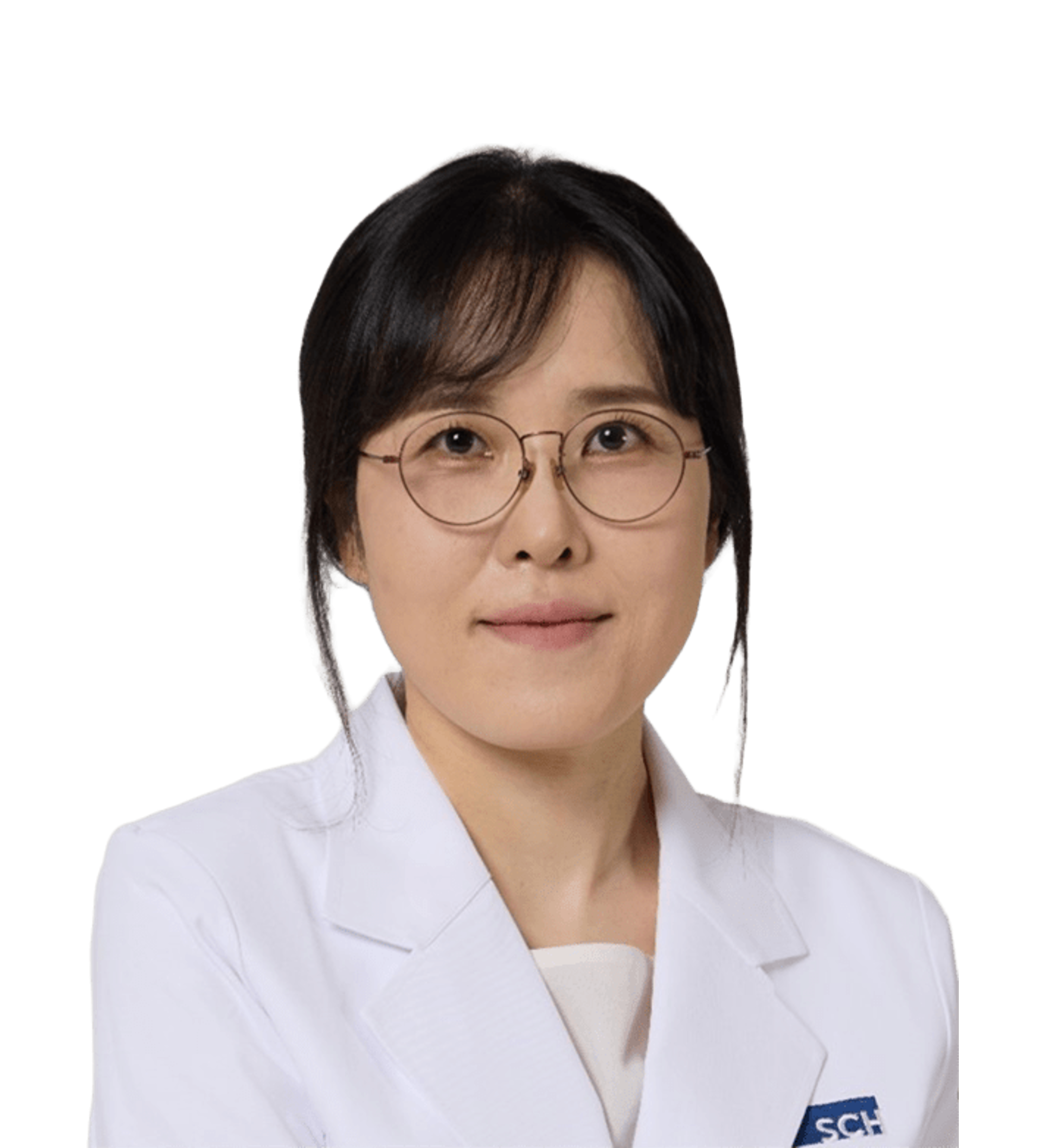
Cons: LDL-C targets should be personalized in diabetic patients?
Mihye Seo Soonchunhyang University, Republic of Korea 17:00~17:20 - Panel Discussion 17:20~17:50
Chairperson(s) : Sung Nim Han (Seoul National University, Republic of Korea), Jeongseon Kim (National Cancer Center, Republic of Korea)
Panel(s) : Dae-Young Kim (Inha University, Republic of Korea), Hyun-Jin Kim (Hanyang University, Republic of Korea), Yongjoo Park (Chonnam National University, Republic of Korea), Sangmo Hong (Hanyang University, Republic of Korea)
DetailRecent updates to the ASCVD risk prediction model, including the introduction of the PREVENT equation, reflect several key advances—one of which is the integration of socioeconomic factors. This shift highlights the growing recognition of social determinants as important contributors to cardiovascular risk. In this session, we will explore the multifaceted impact of socioeconomic status on ASCVD. Professor Seonghee Choi from Seoul National University Bundang Hospital, Republic of Korea, will discuss the underlying mechanisms linking socioeconomic disadvantage to cardiovascular outcomes. Professor Jongha Baek from Gyeongsang National University, Republic of Korea, will present epidemiological evidence illustrating the magnitude of this association. Finally, Professor Sadiya S. Khan from Northwestern University Feinberg School of Medicine, USA, will introduce a novel cardiovascular risk prediction model that incorporates socioeconomic variables into traditional clinical frameworks.
-
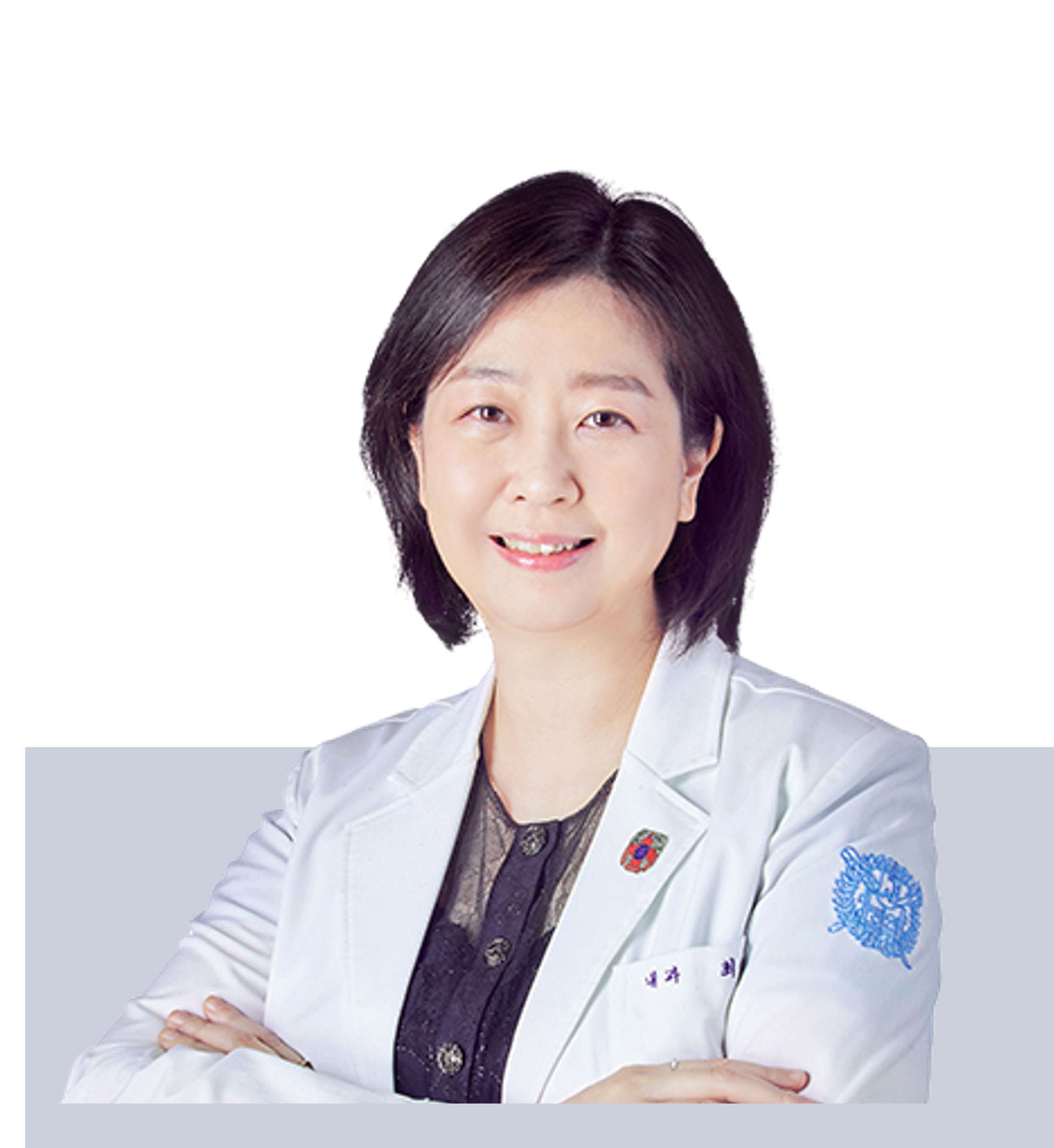
Mechanisms linking socioeconomic status and cardiovascular risk
SungHee Choi Seoul National University, Republic of Korea 16:20~16:40 -
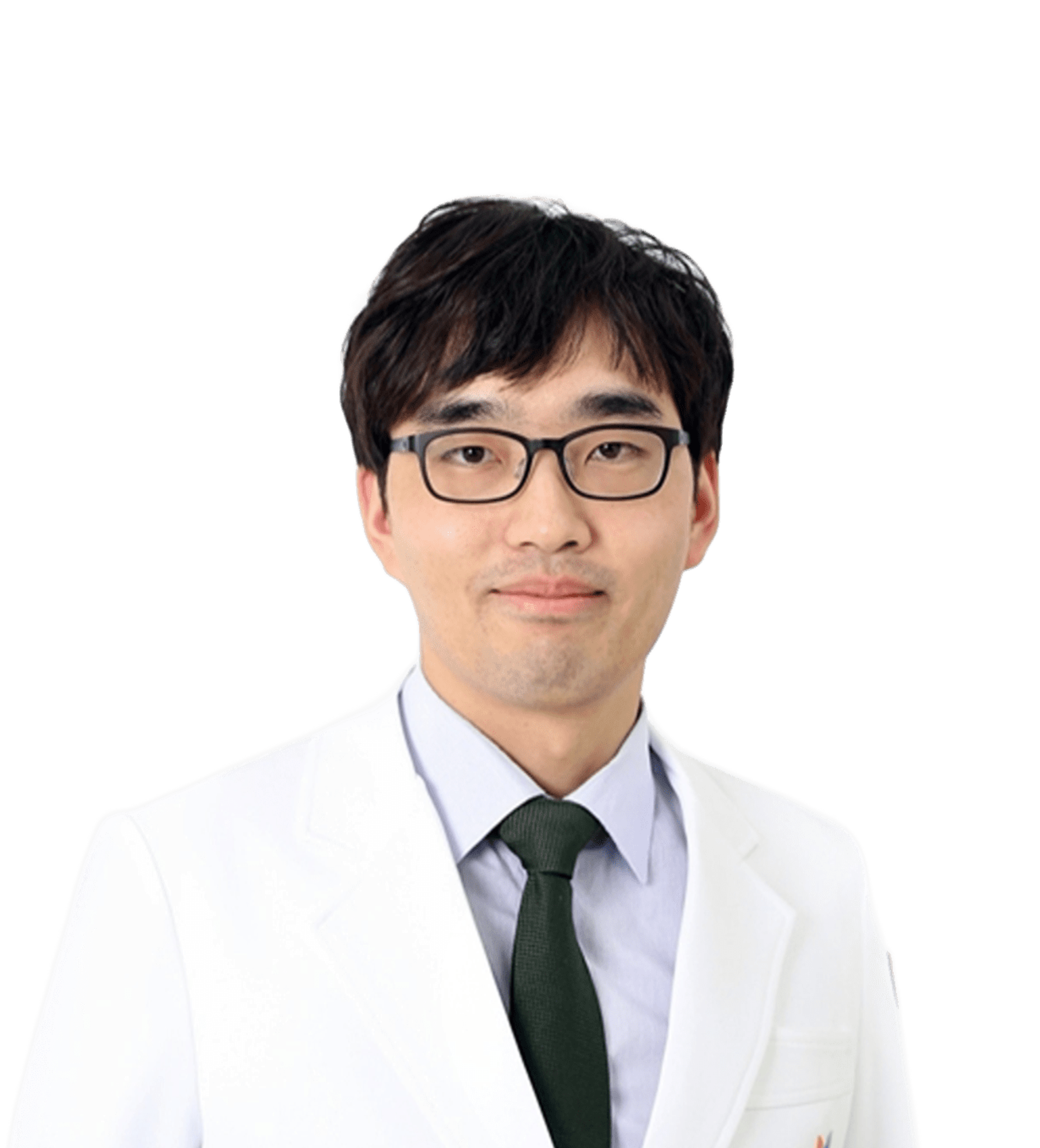
Epidemiologic evidence on socioeconomic status and cardiovascular outcomes
Jong-Ha Baek Gyeongsang National University, Republic of Korea 16:40~17:00 -
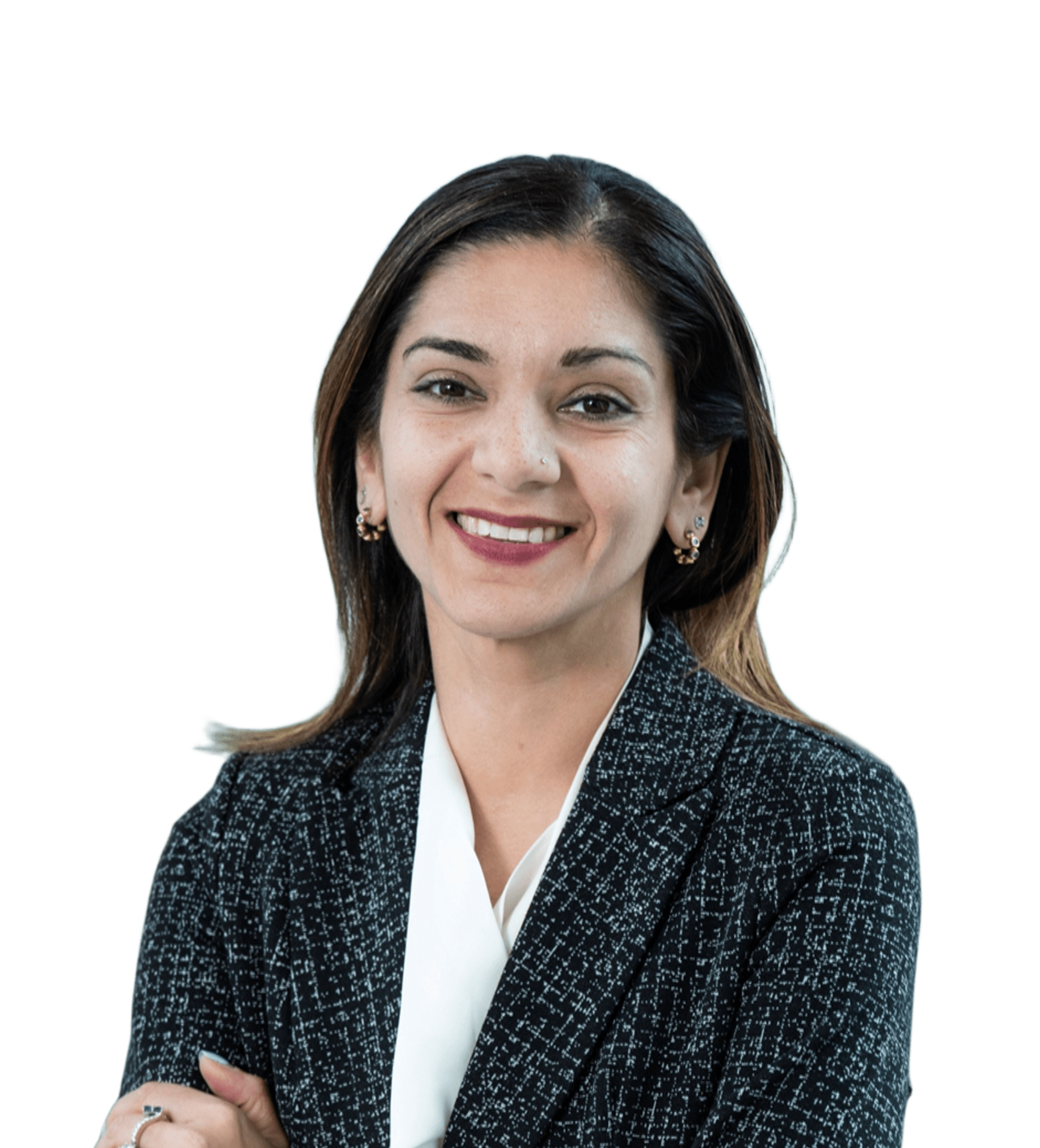
New models for CVD risk assessment: incorporating socioeconomic data
Sadiya S. Khan Northwestern University, USA 17:00~17:20 - Panel Discussion 17:20~17:50

